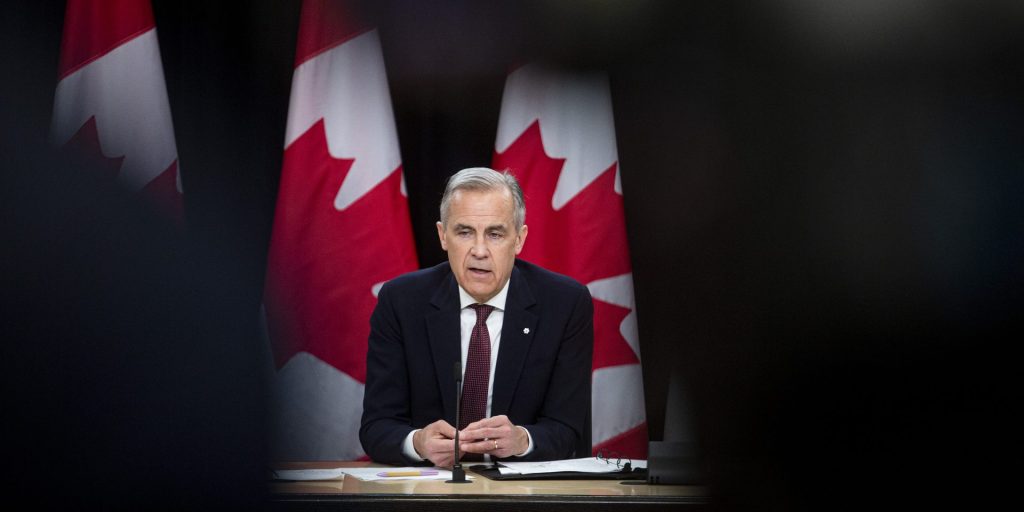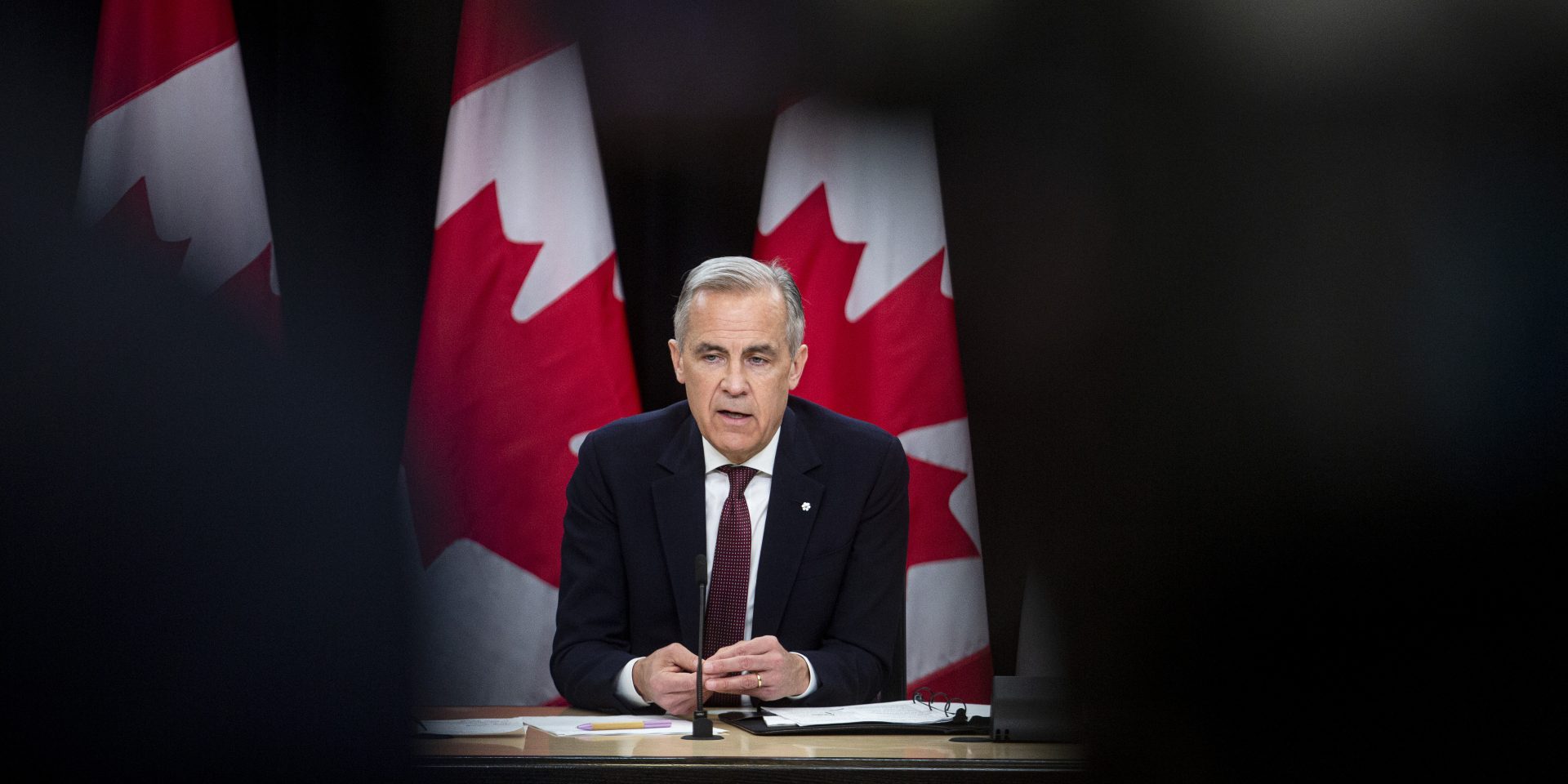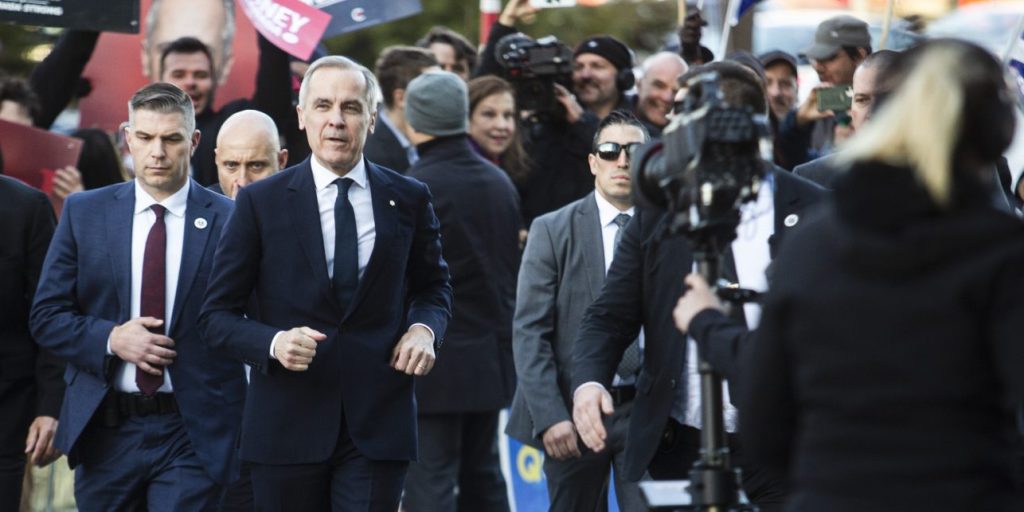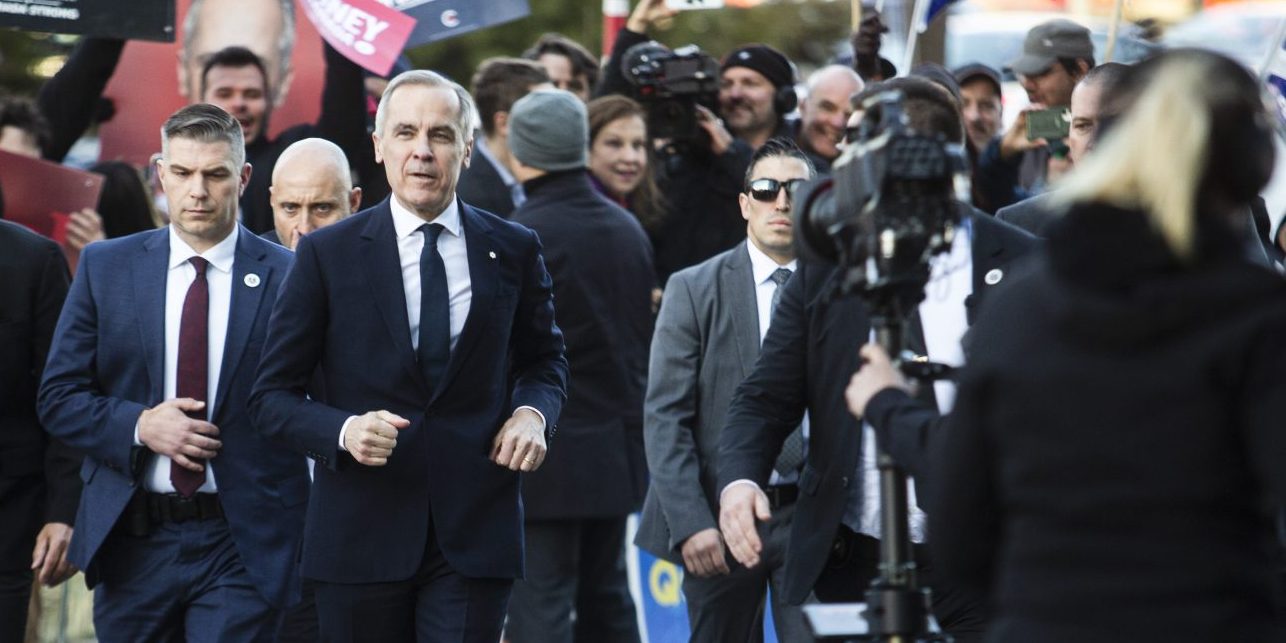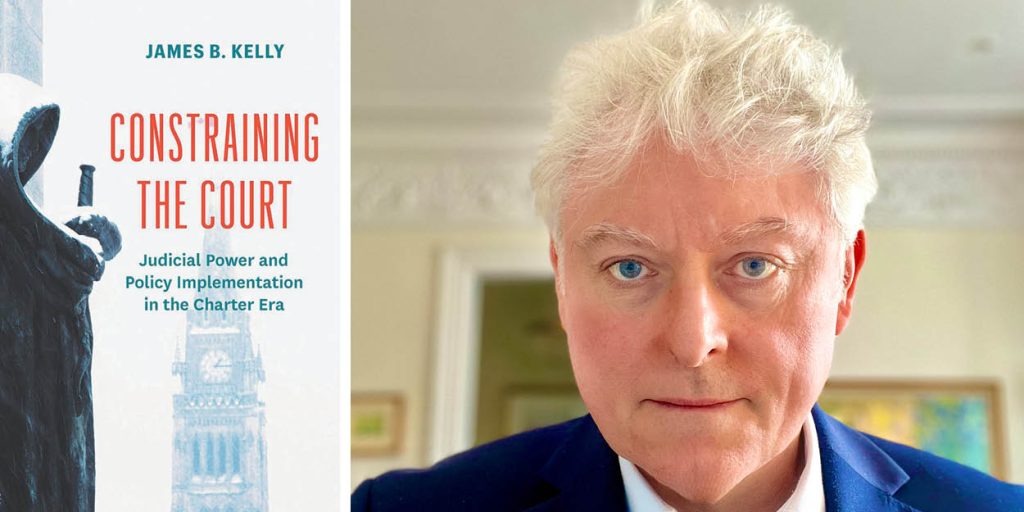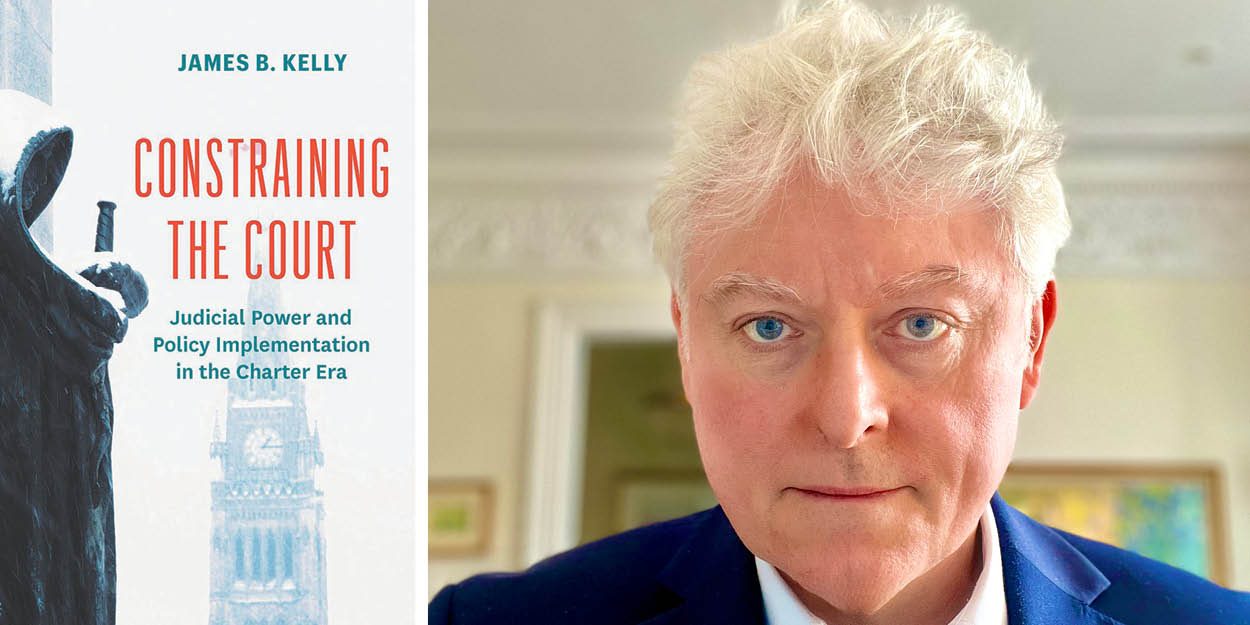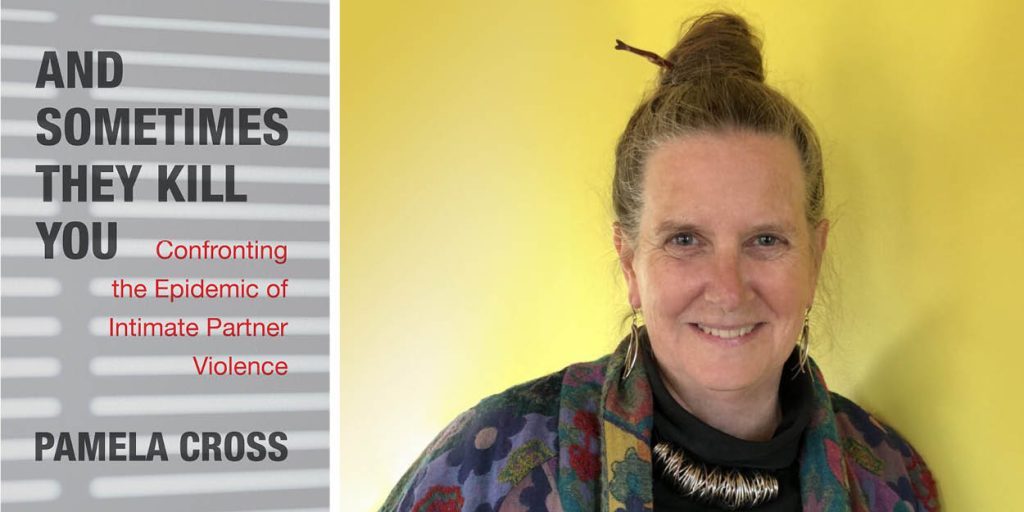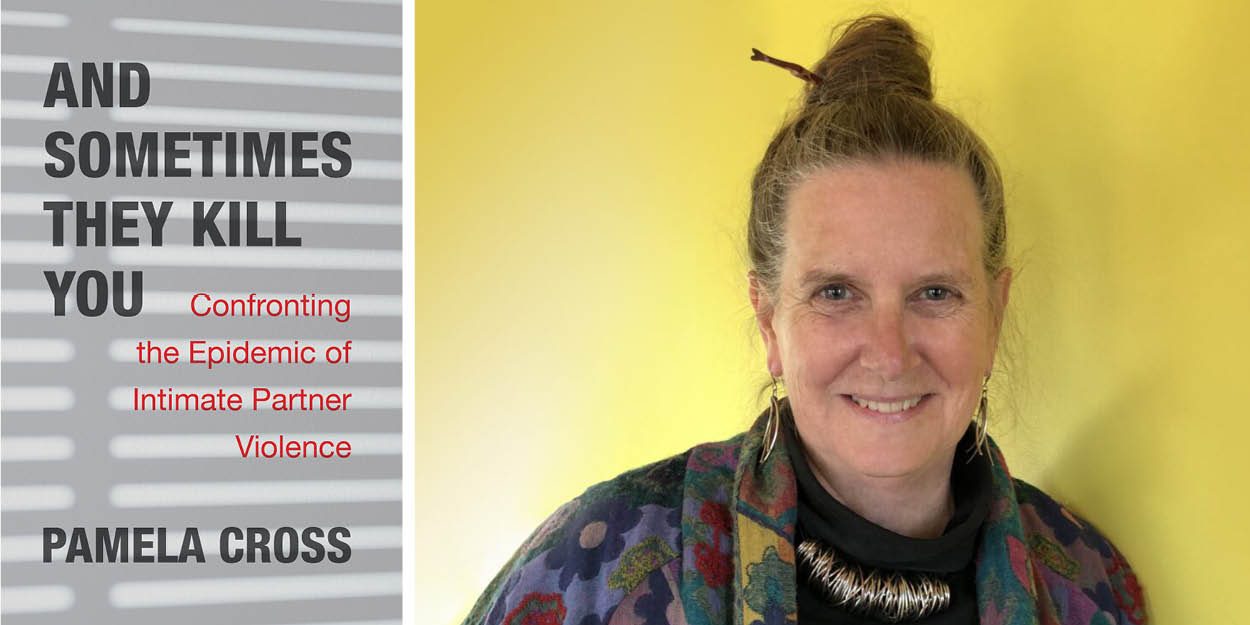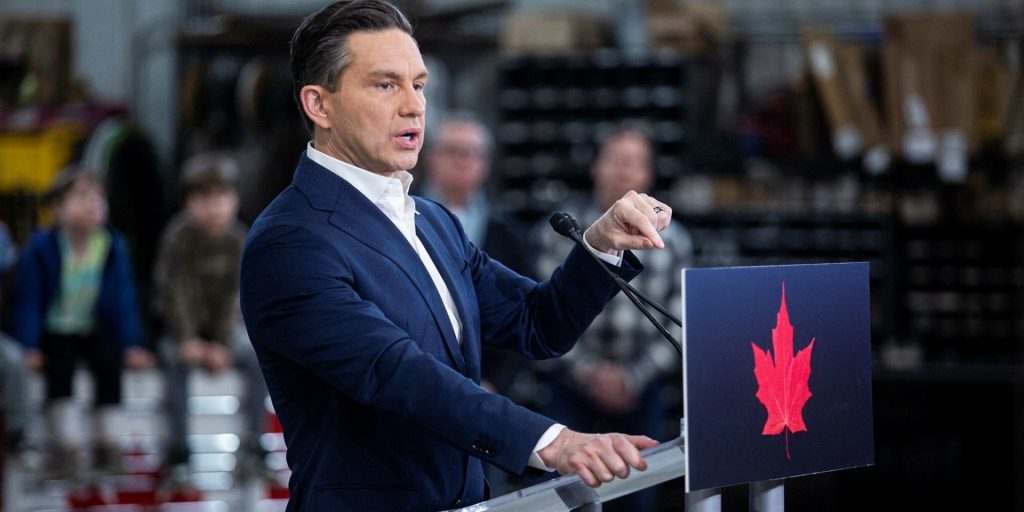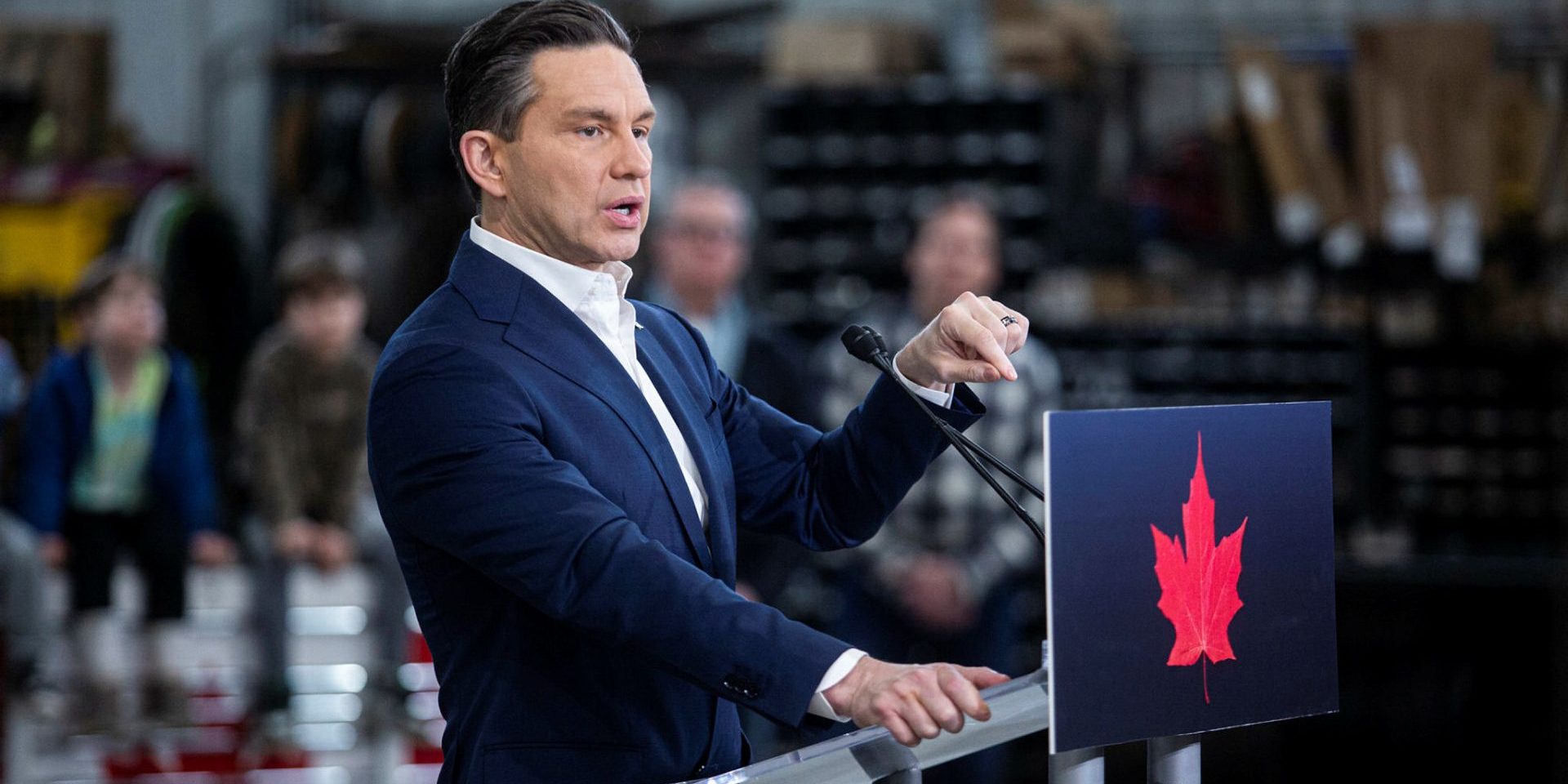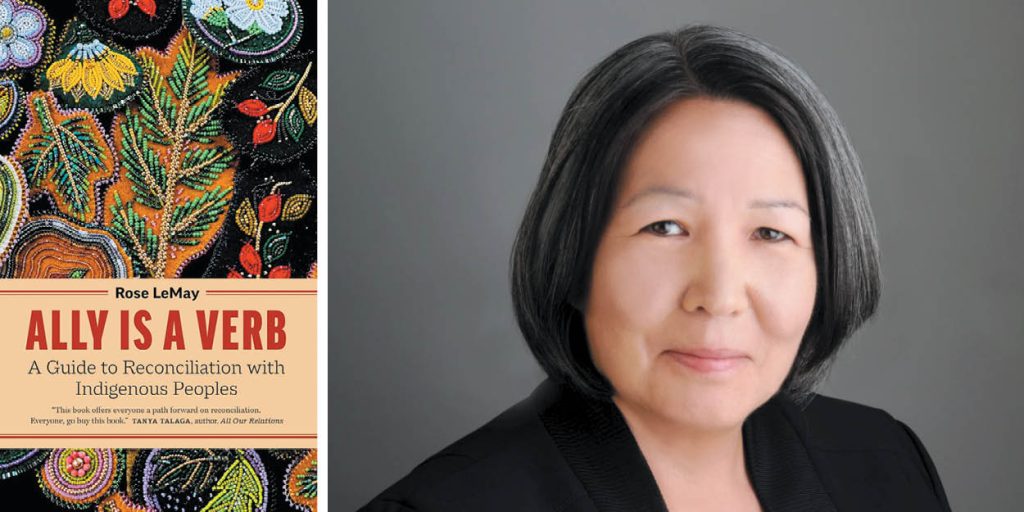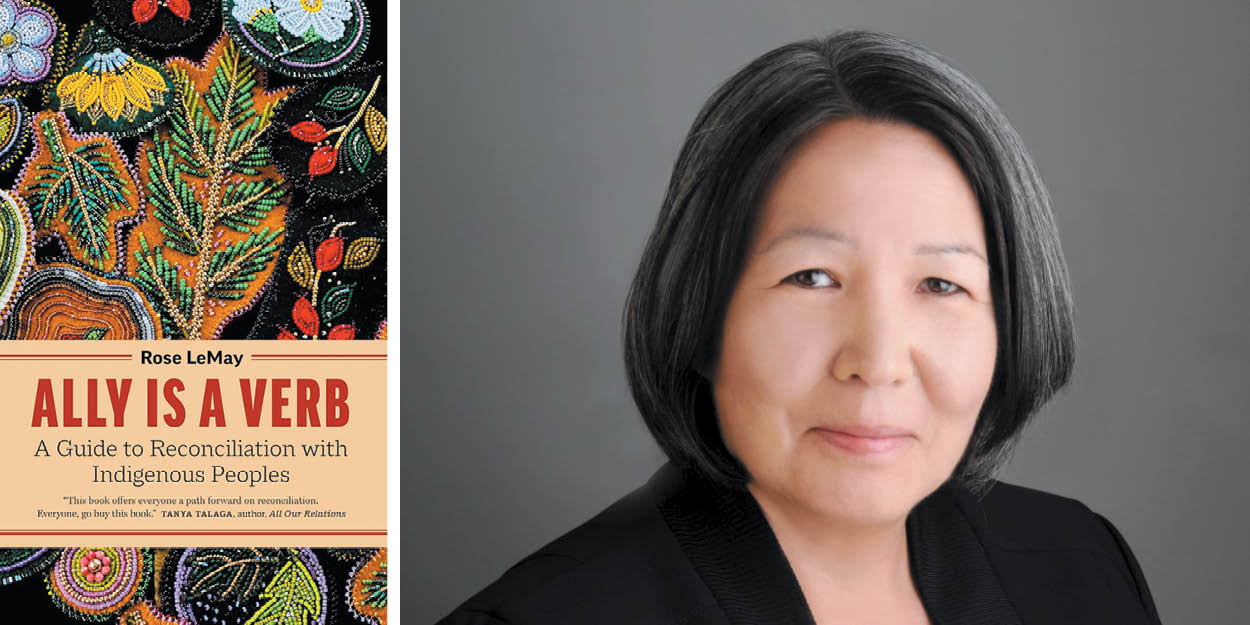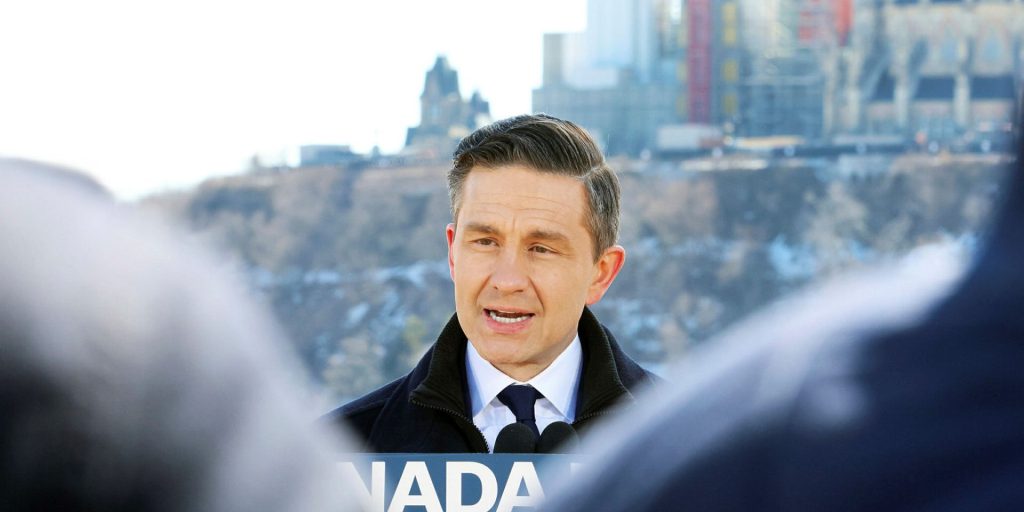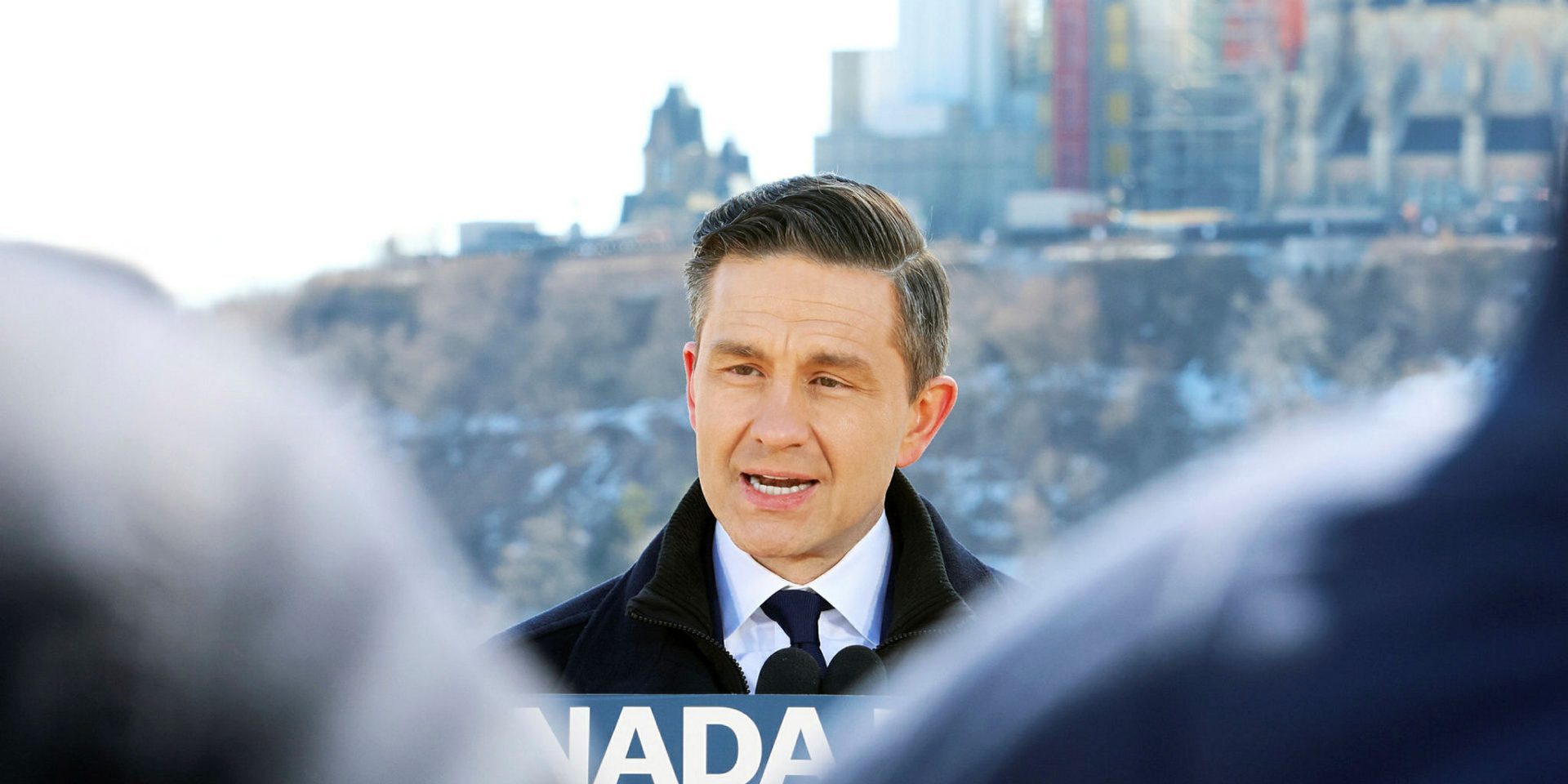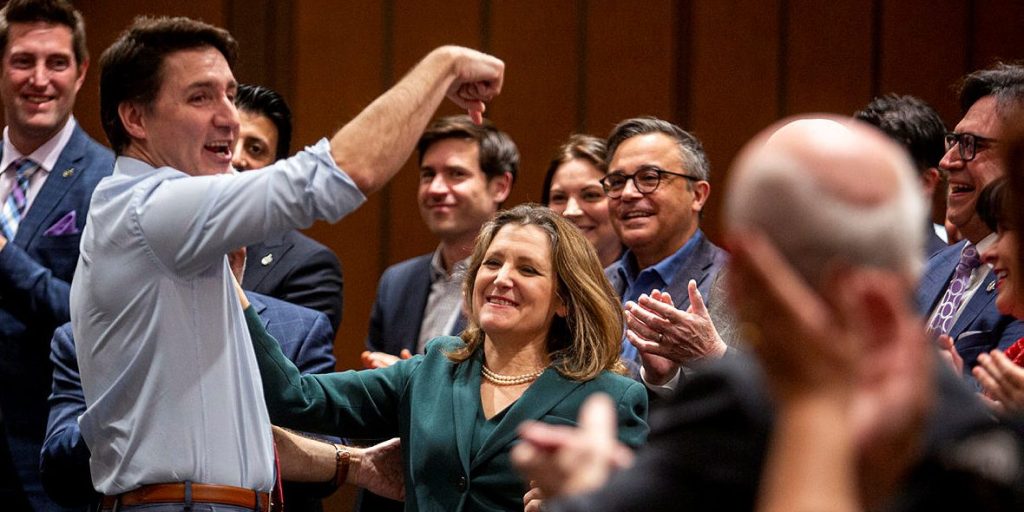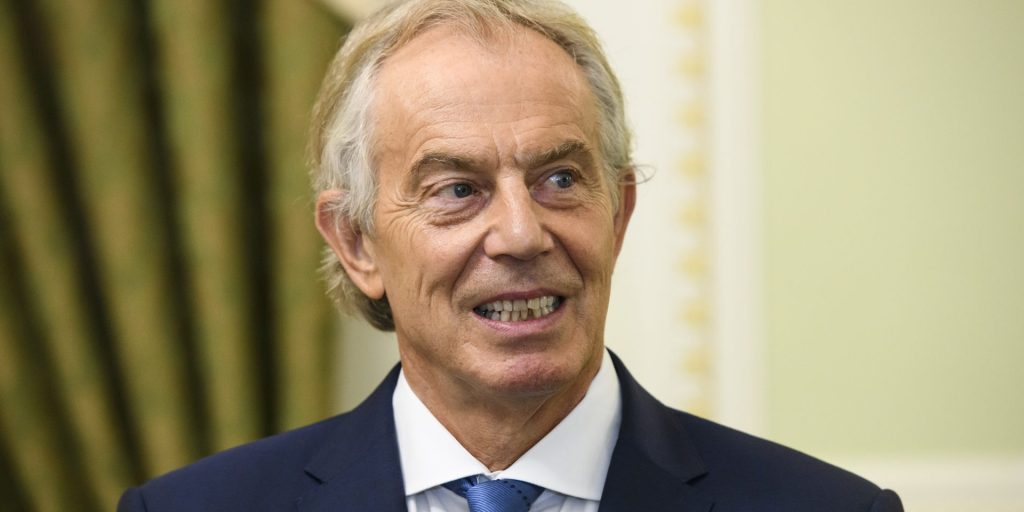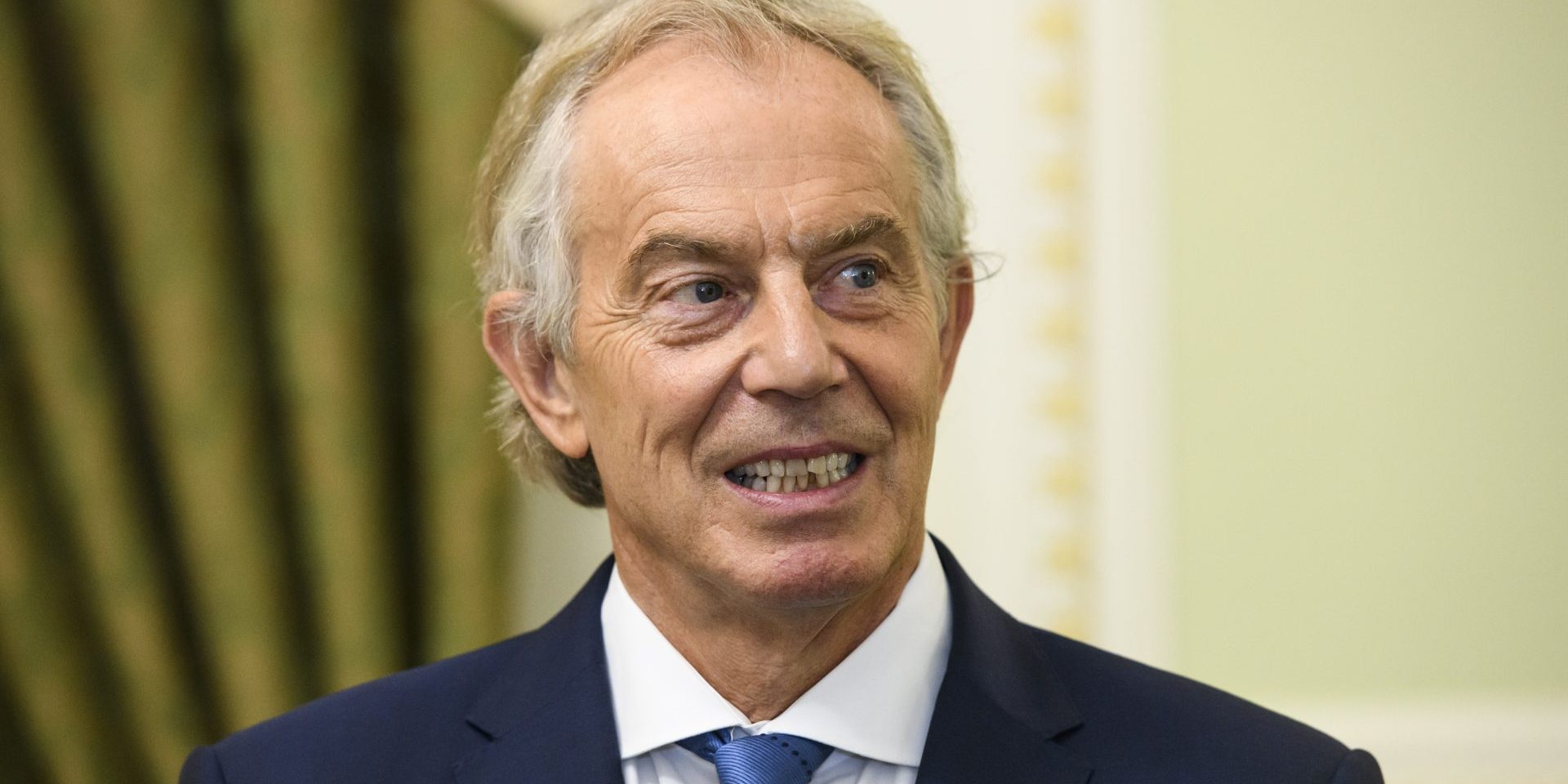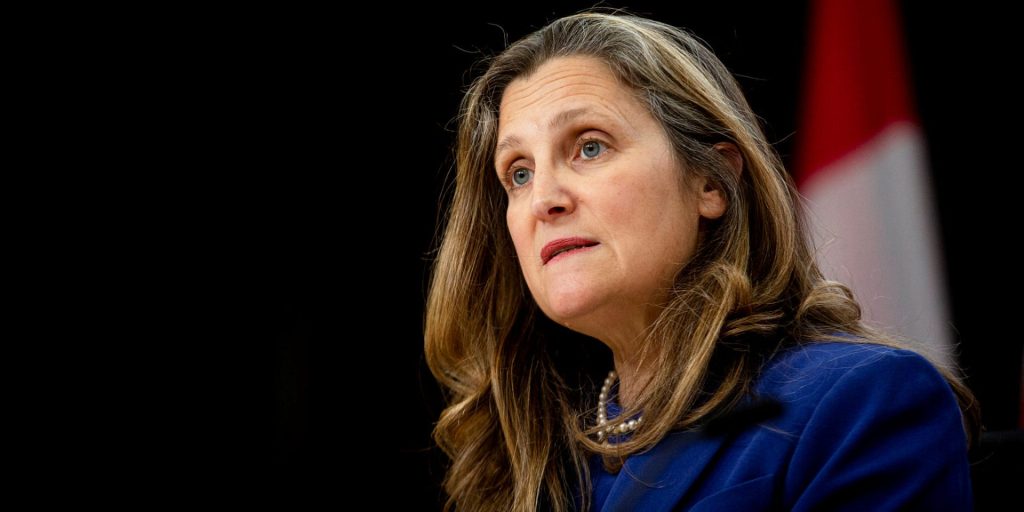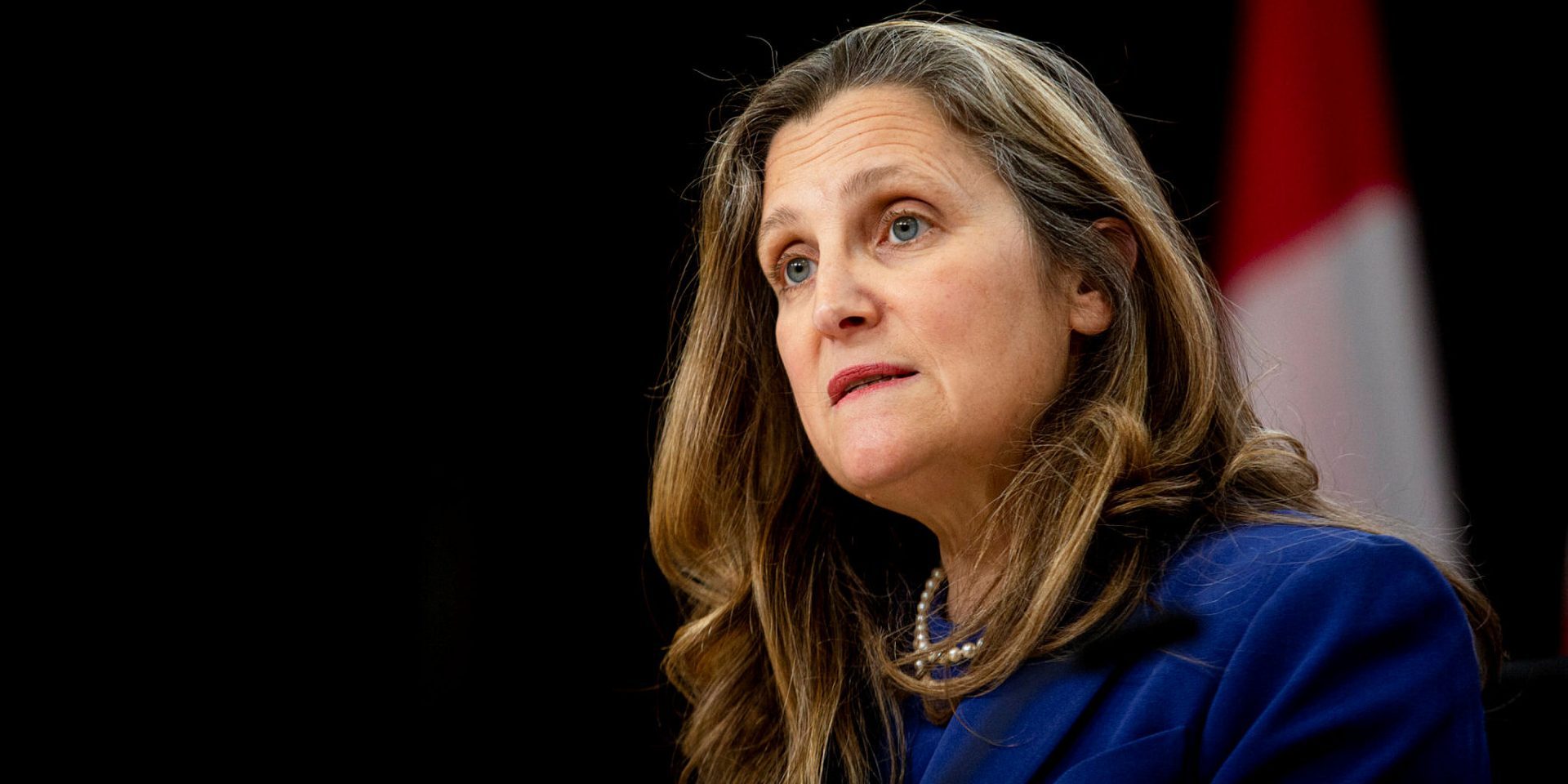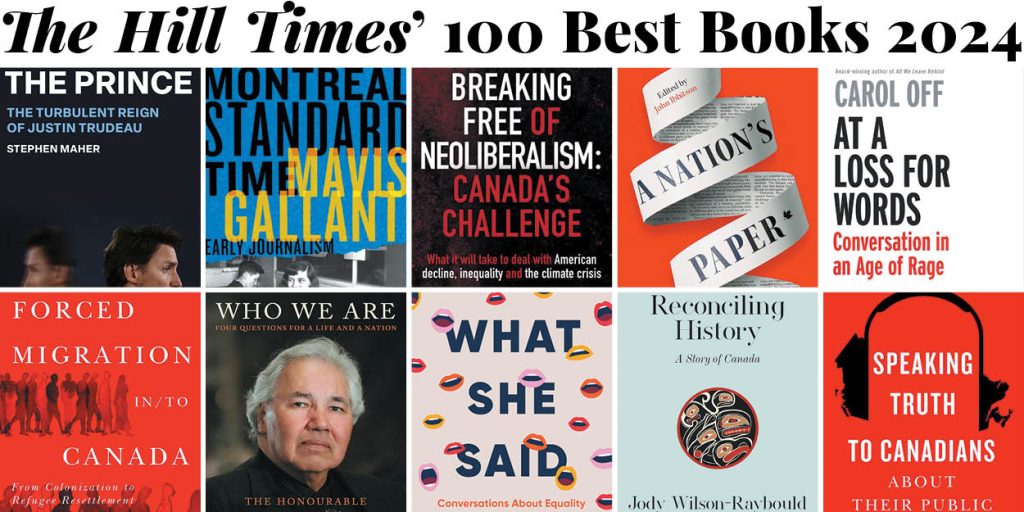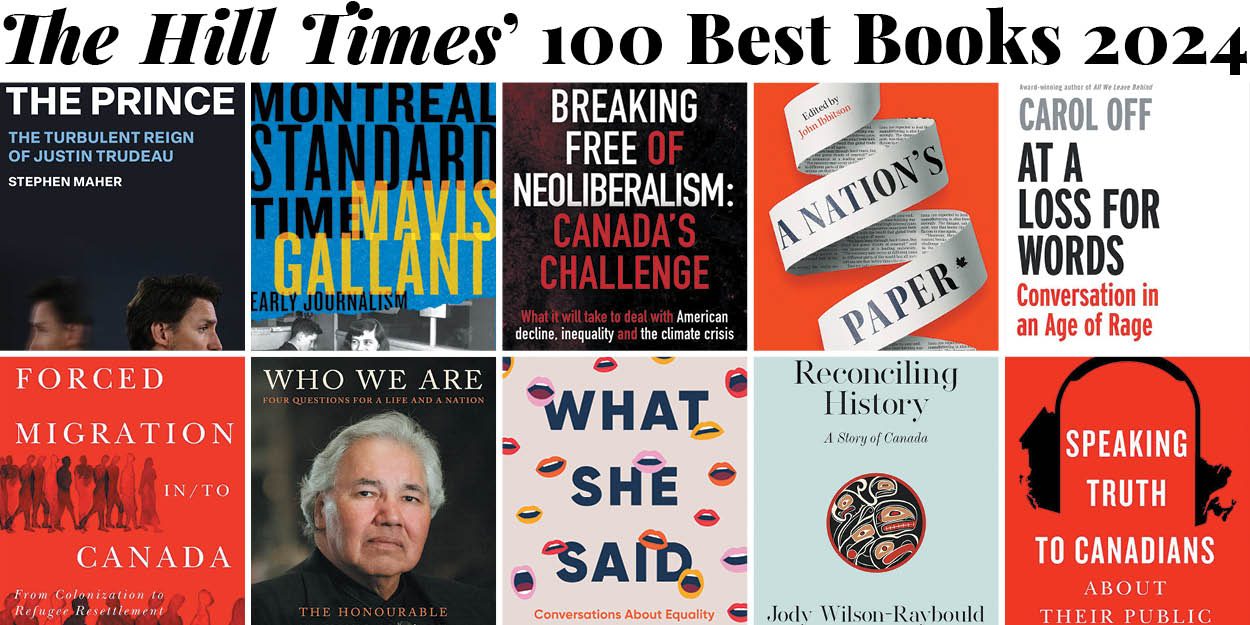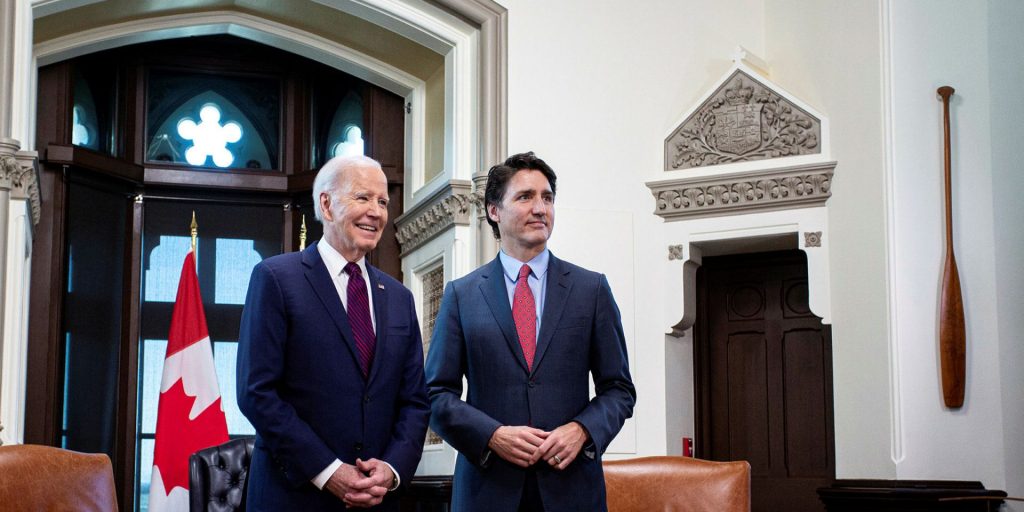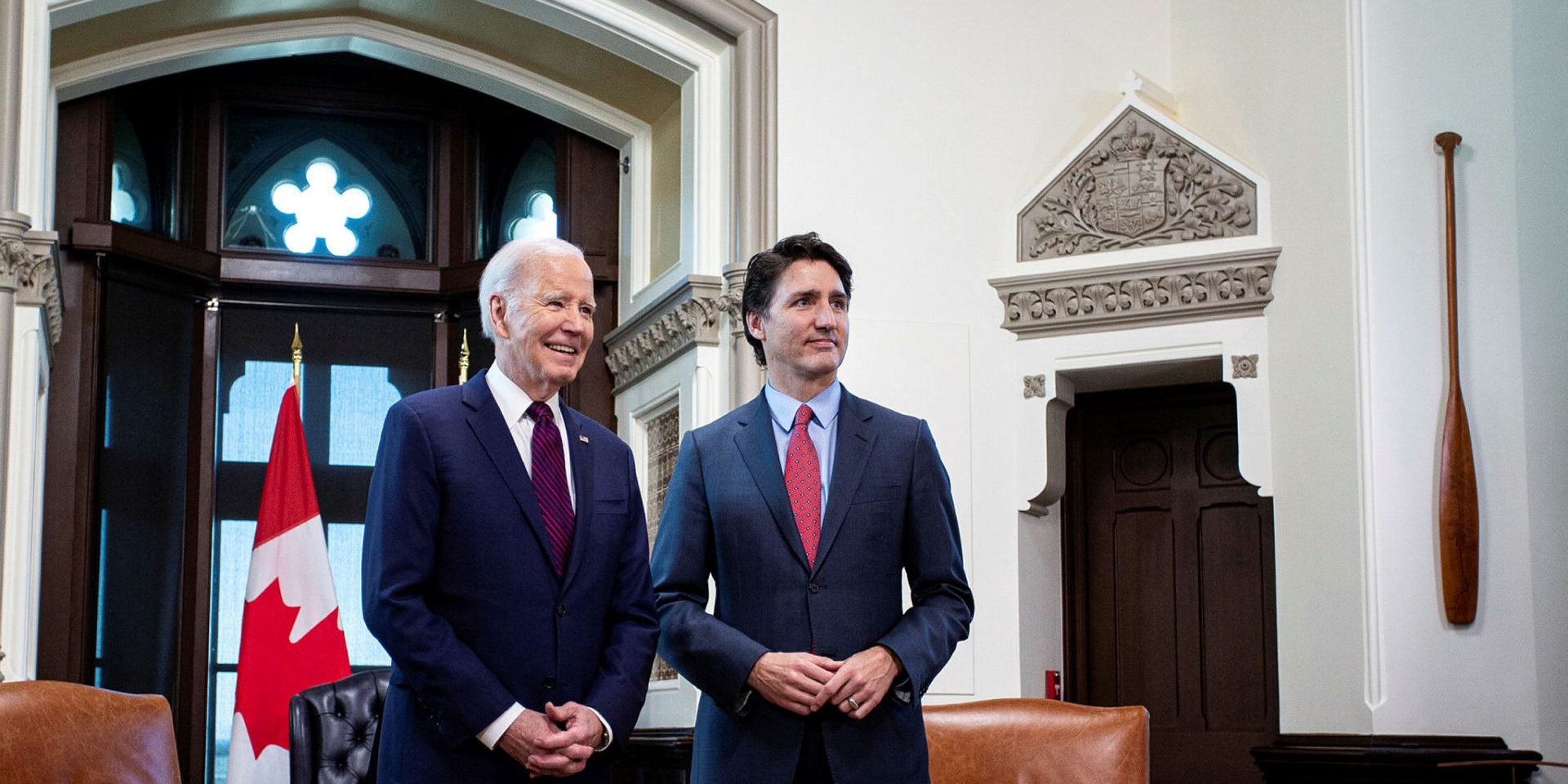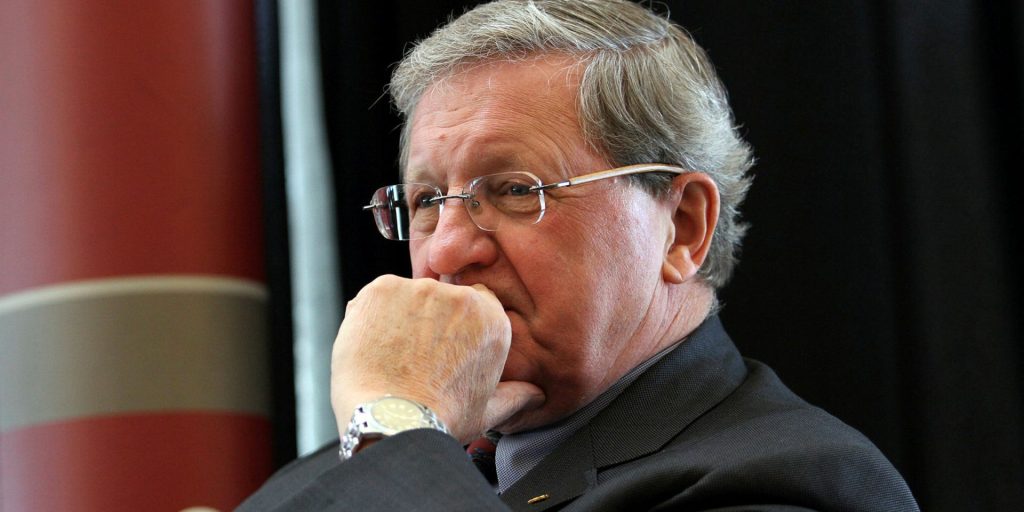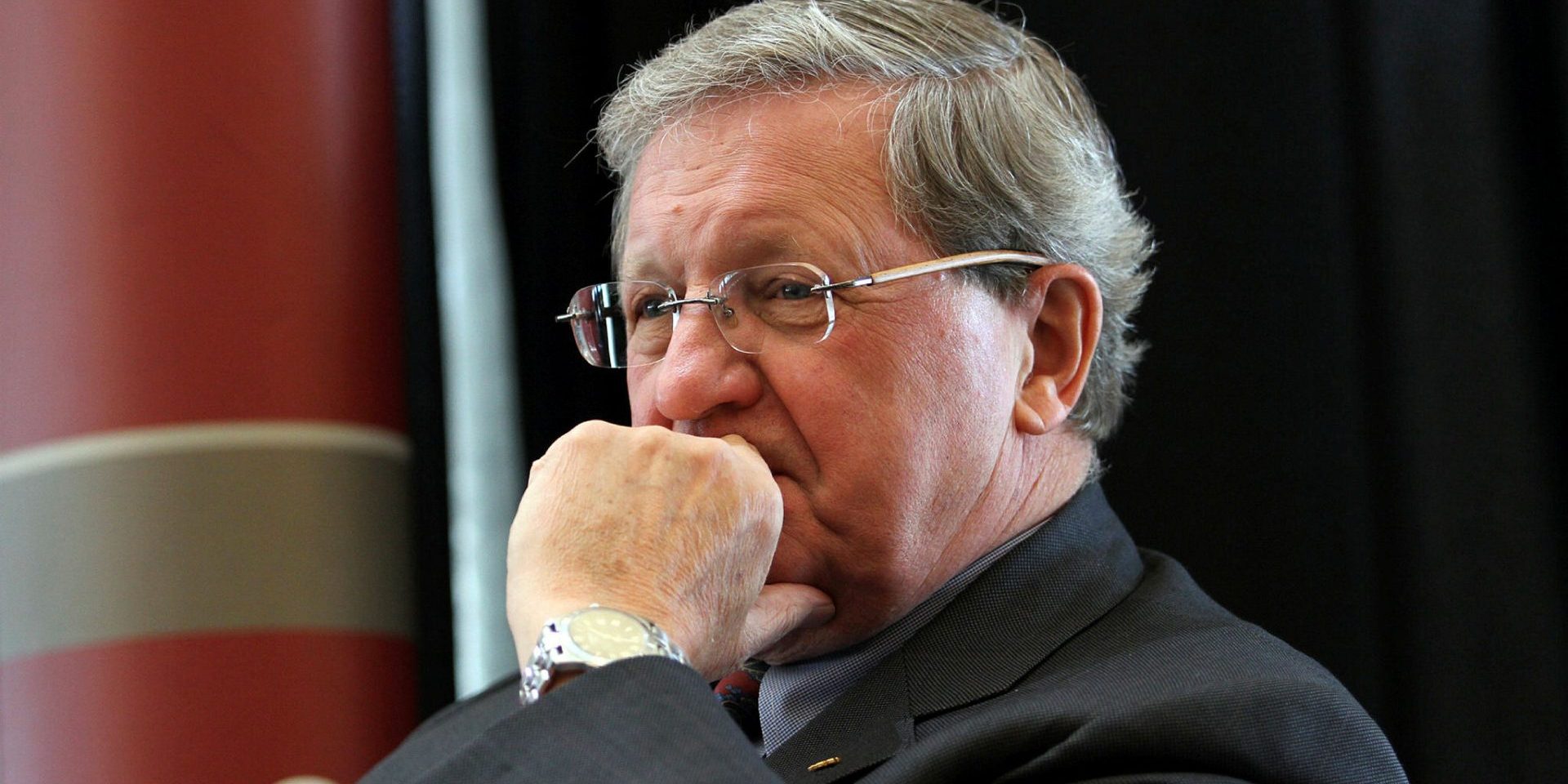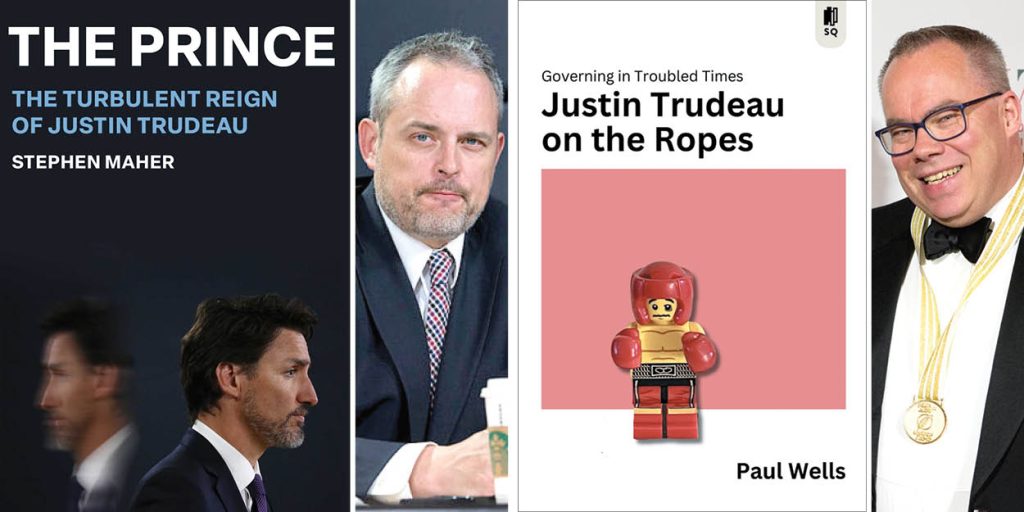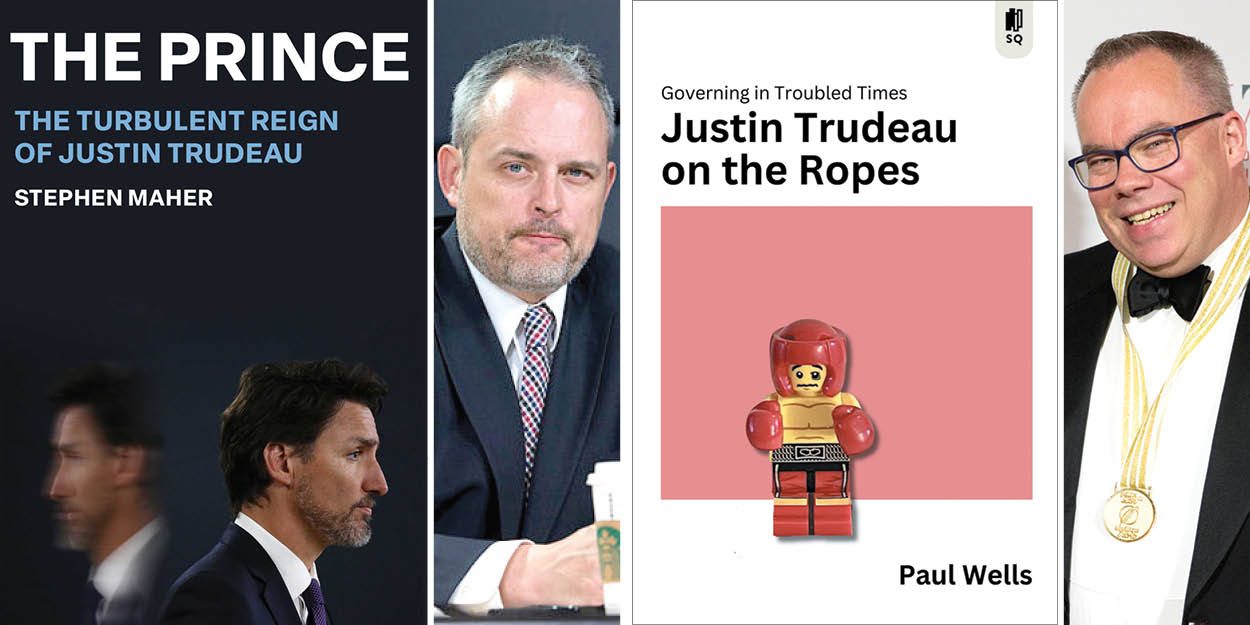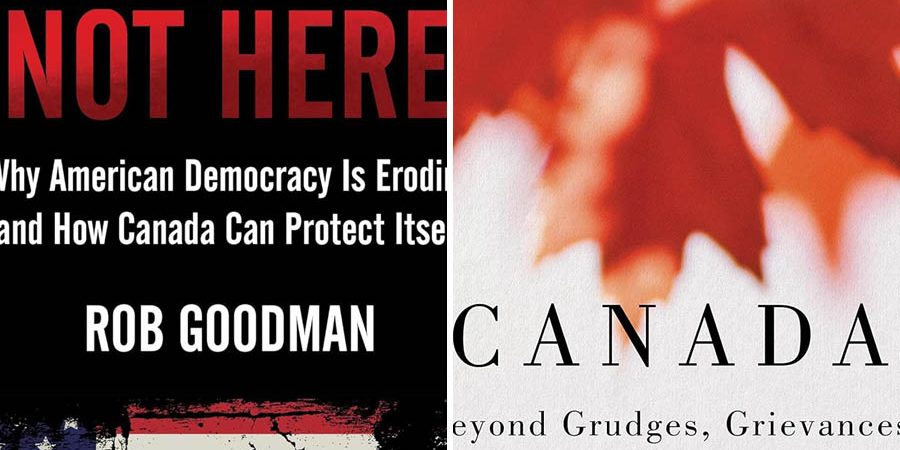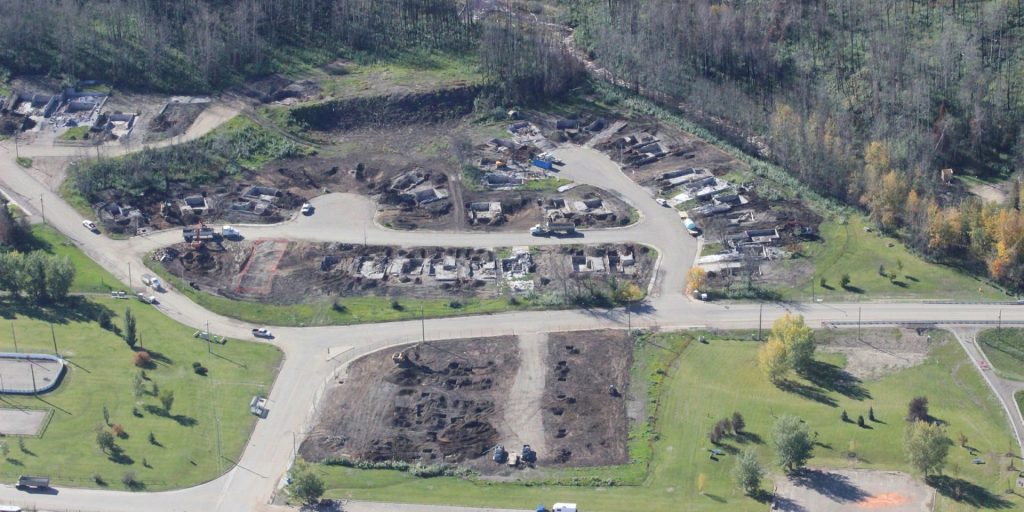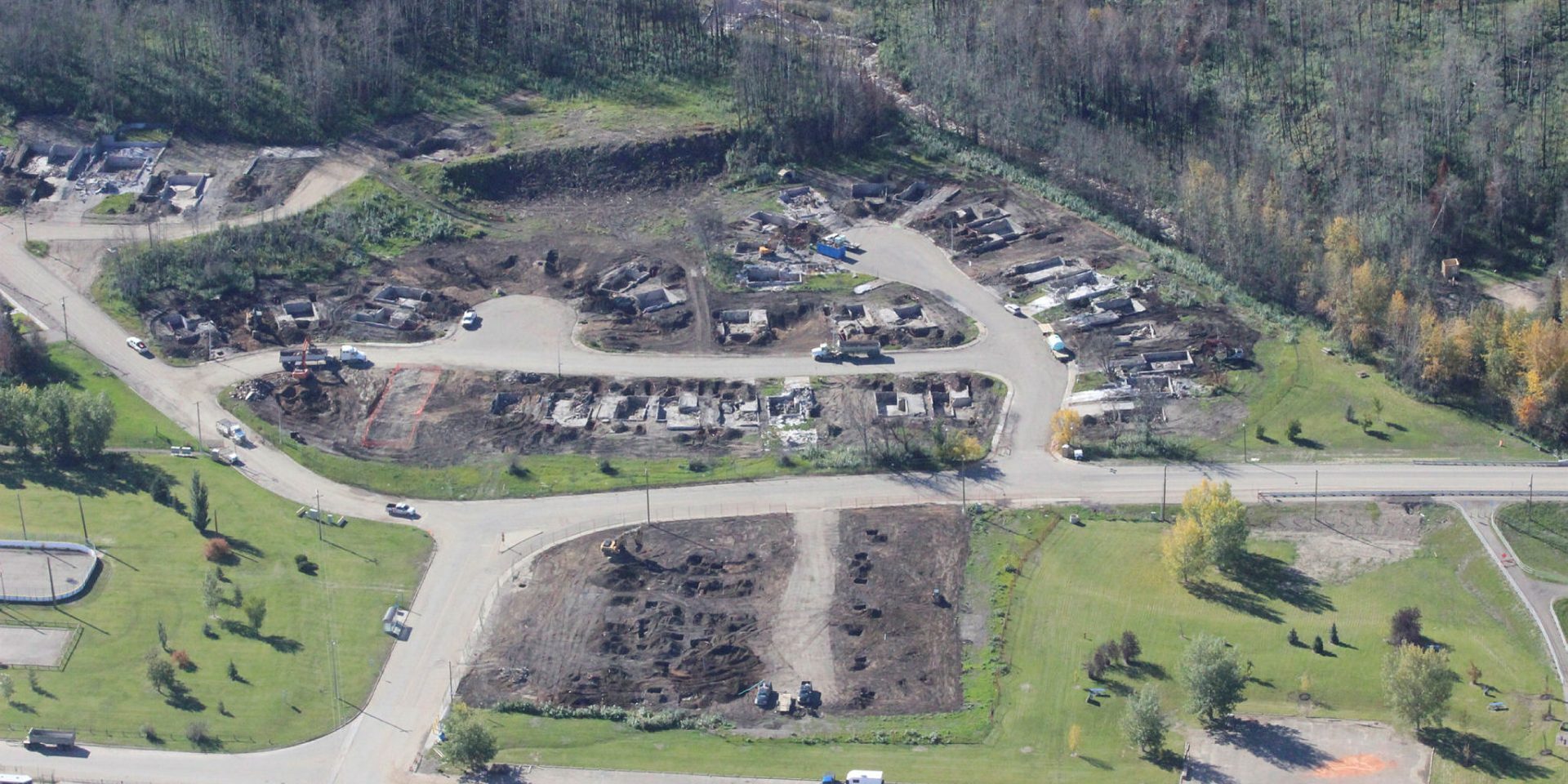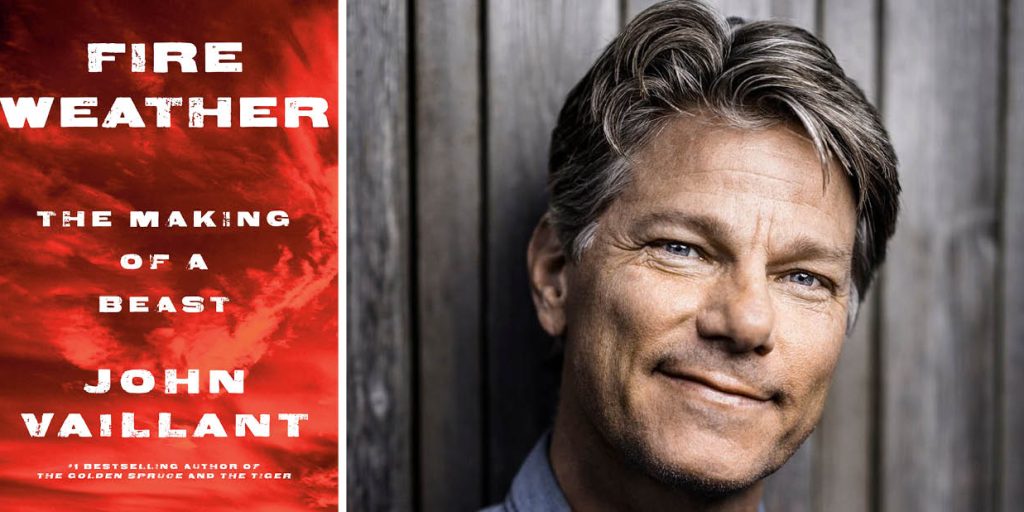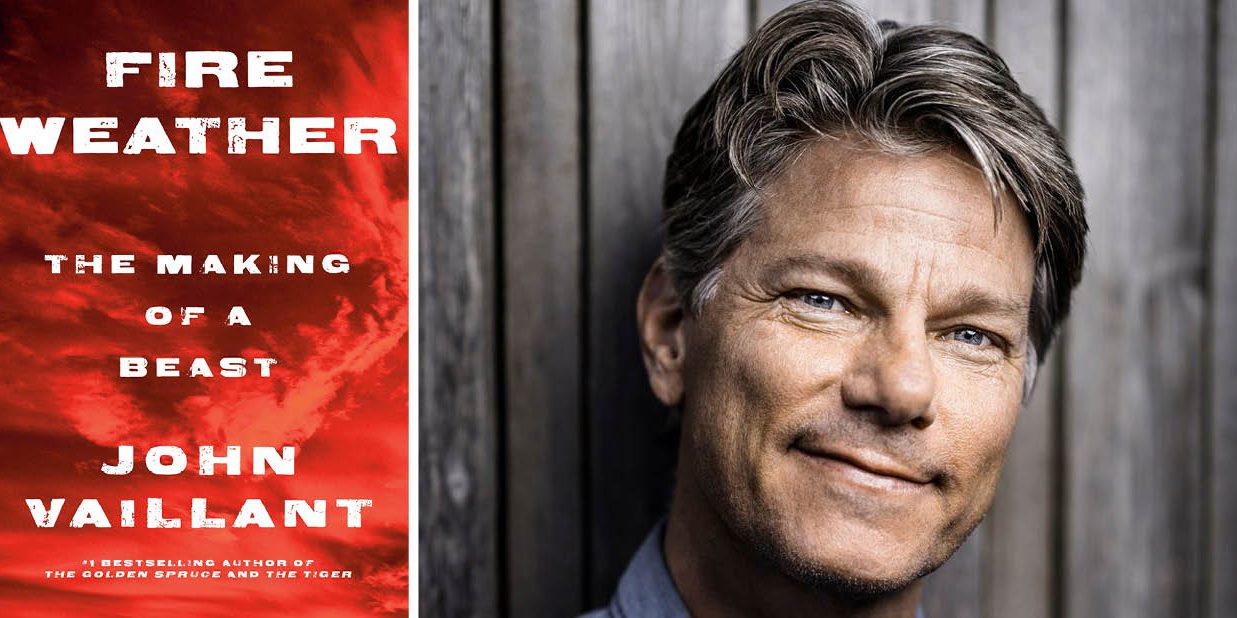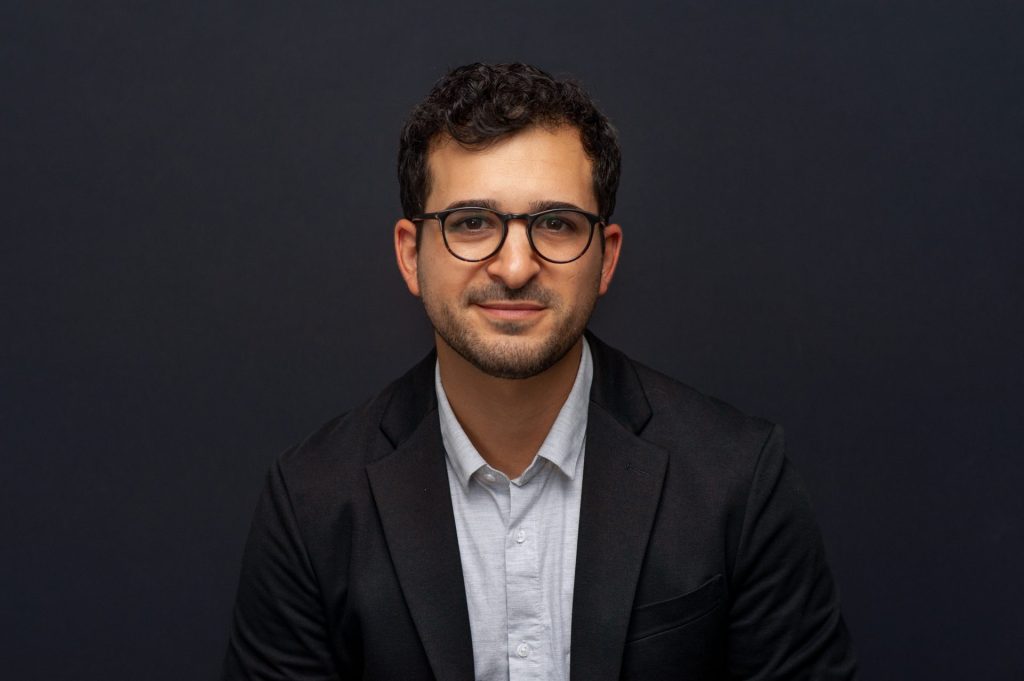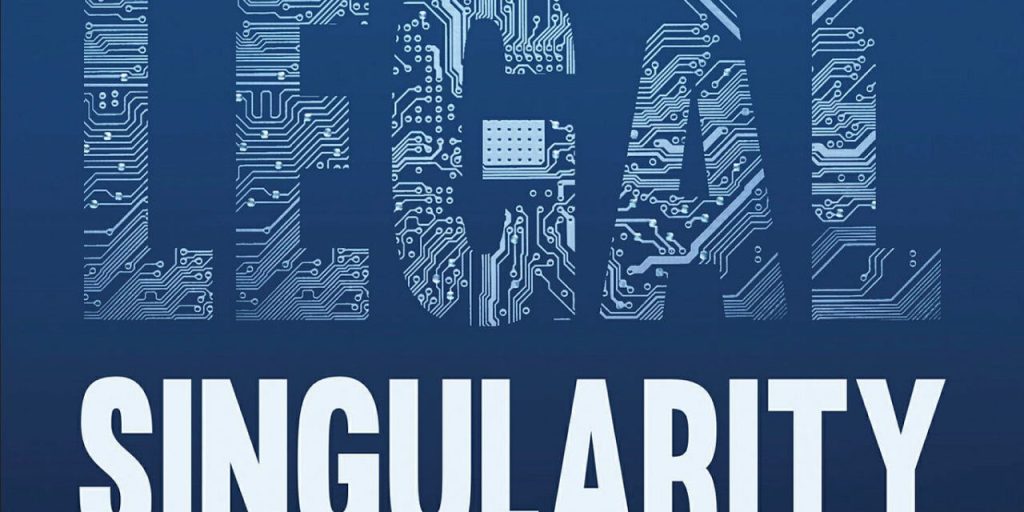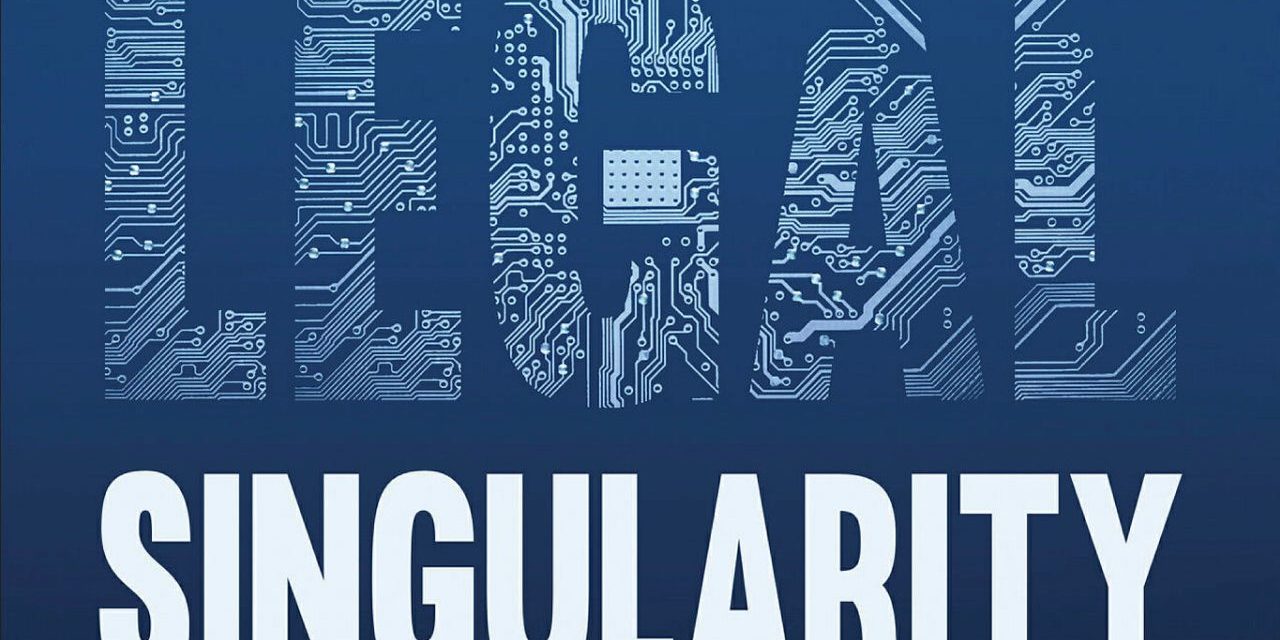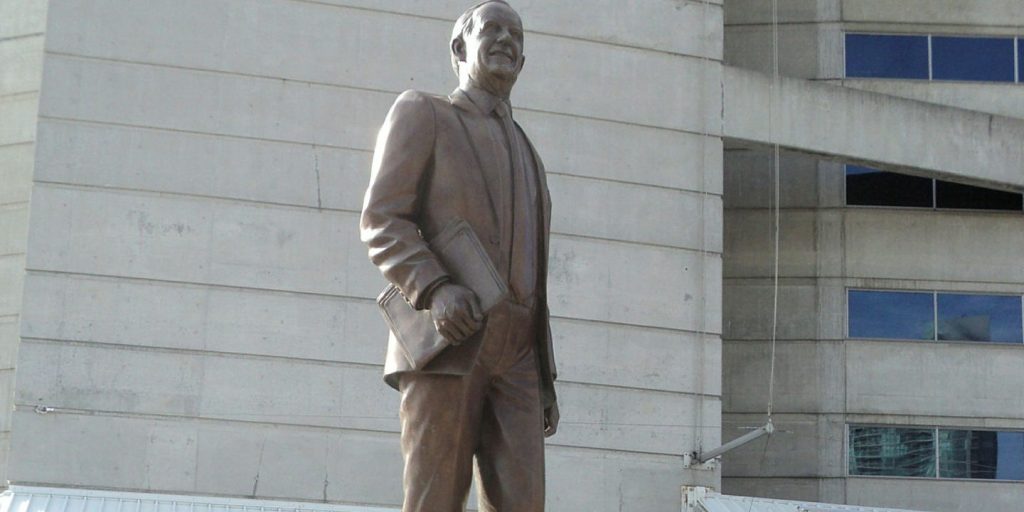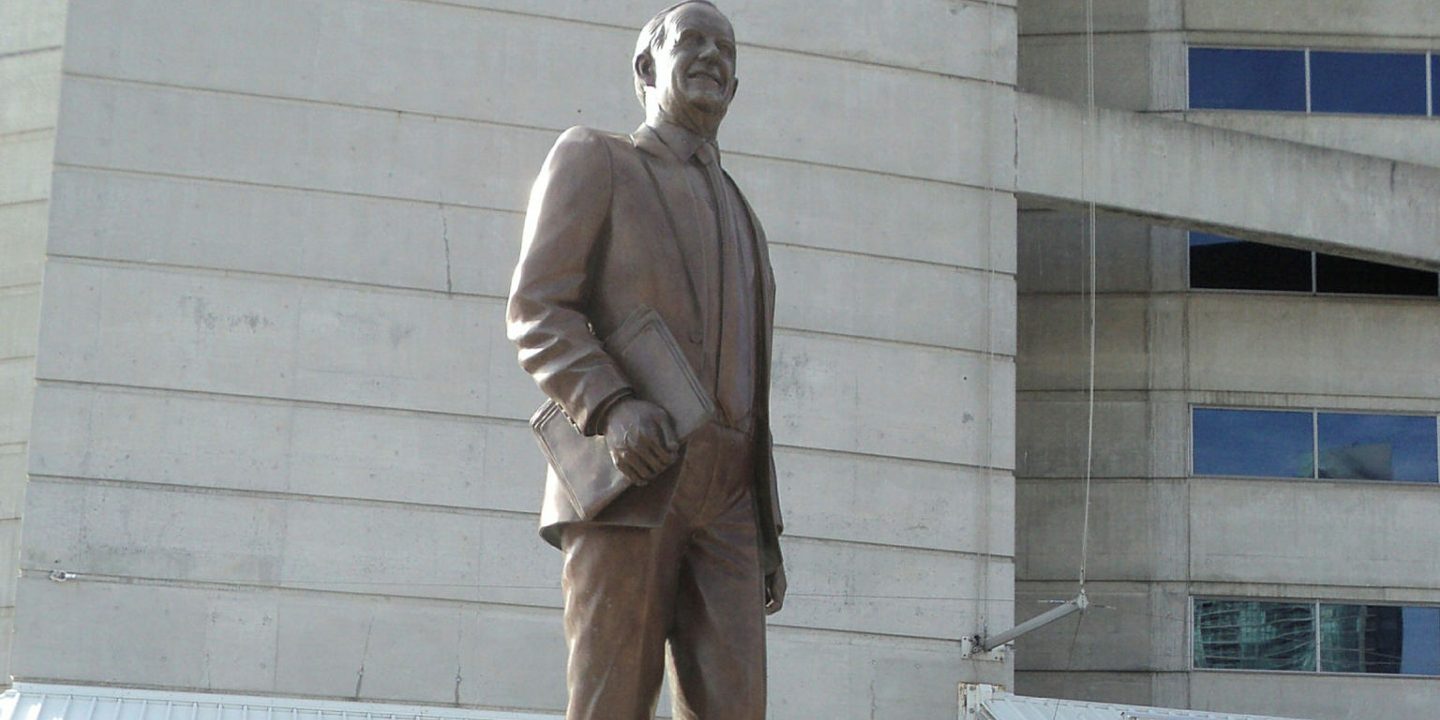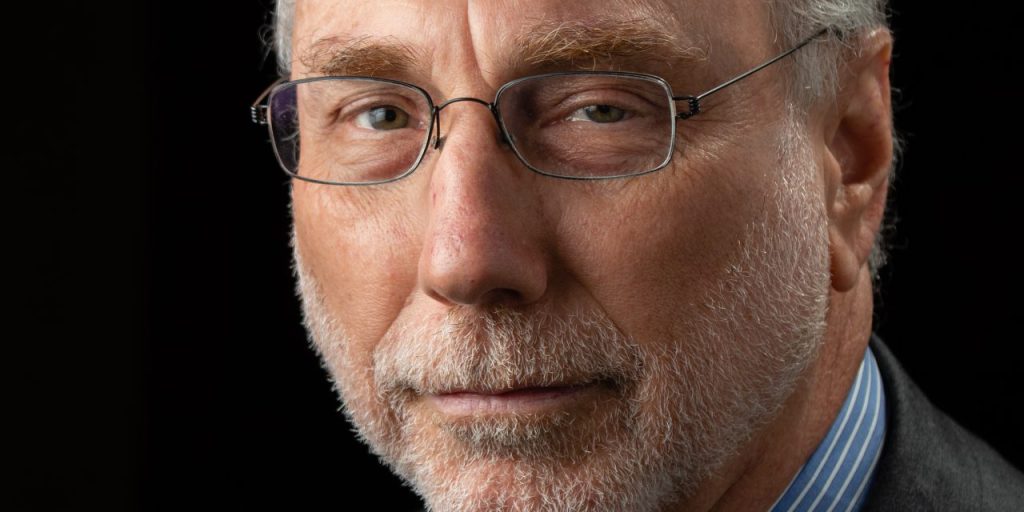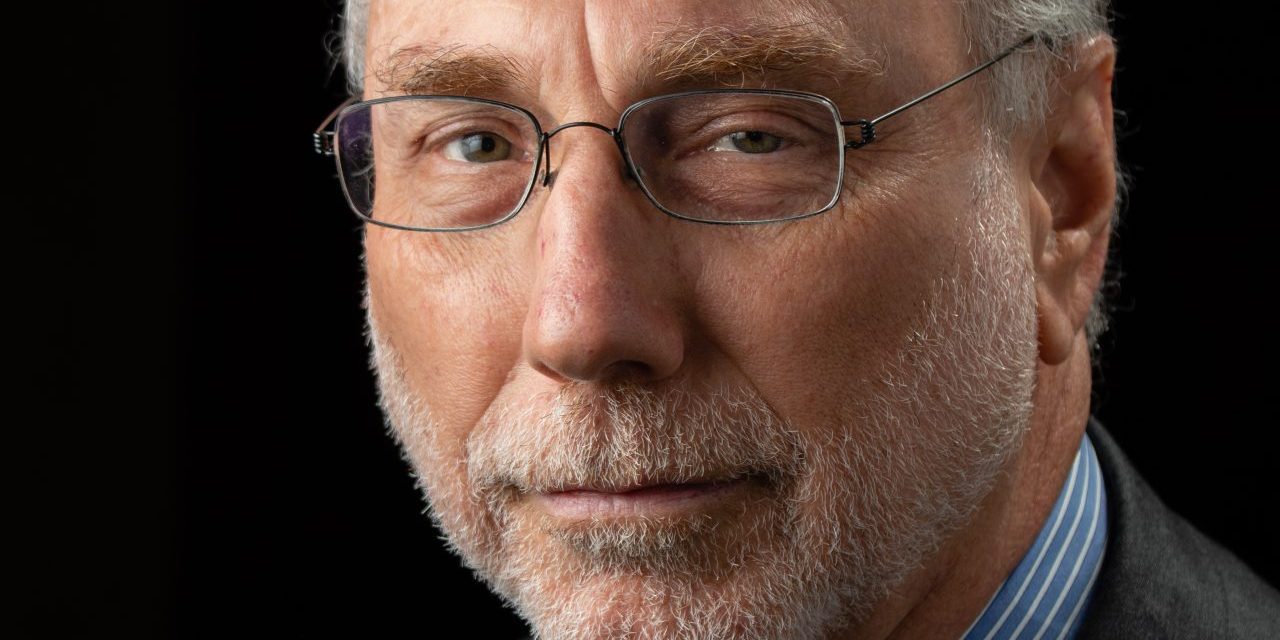Book Review
- Canada has pledged to meet the new NATO target of spending five per cent of GDP on defence.
- Canada has pledged to meet the new NATO target of spending five per cent of GDP on defence.
- Canada has pledged to meet the new NATO target of spending five per cent of GDP on defence.
- In his new book, The Crisis of Canadian Democracy, Andrew Coyne unpacks how parties choose their leaders, how the leaders control their MPs, and
- In his new book, The Crisis of Canadian Democracy, Andrew Coyne unpacks how parties choose their leaders, how the leaders control their MPs, and
- In his new book, The Crisis of Canadian Democracy, Andrew Coyne unpacks how parties choose their leaders, how the leaders control their MPs, and
- The following is an excerpt from Hard Lessons in Corporate Governance, by Bryce C. Tingle, shortlisted for this year's Donner Prize, one of the
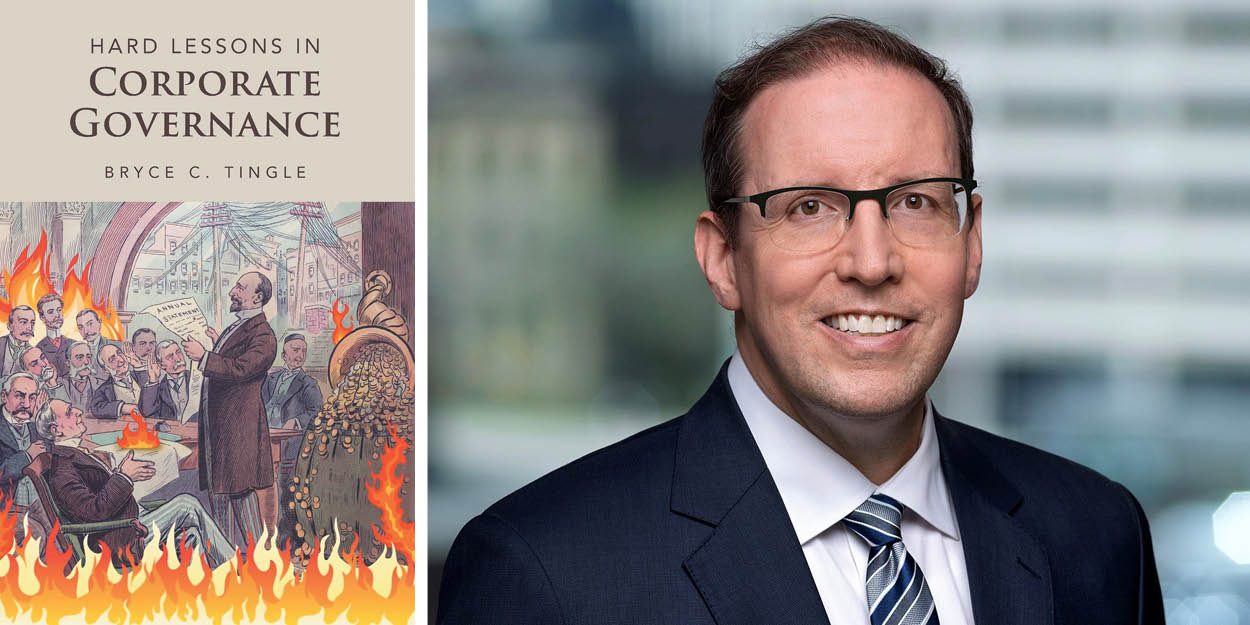
- The following is an excerpt from Hard Lessons in Corporate Governance, by Bryce C. Tingle, shortlisted for this year's Donner Prize, one of the
- The following is an excerpt from Hard Lessons in Corporate Governance, by Bryce C. Tingle, shortlisted for this year's Donner Prize, one of the
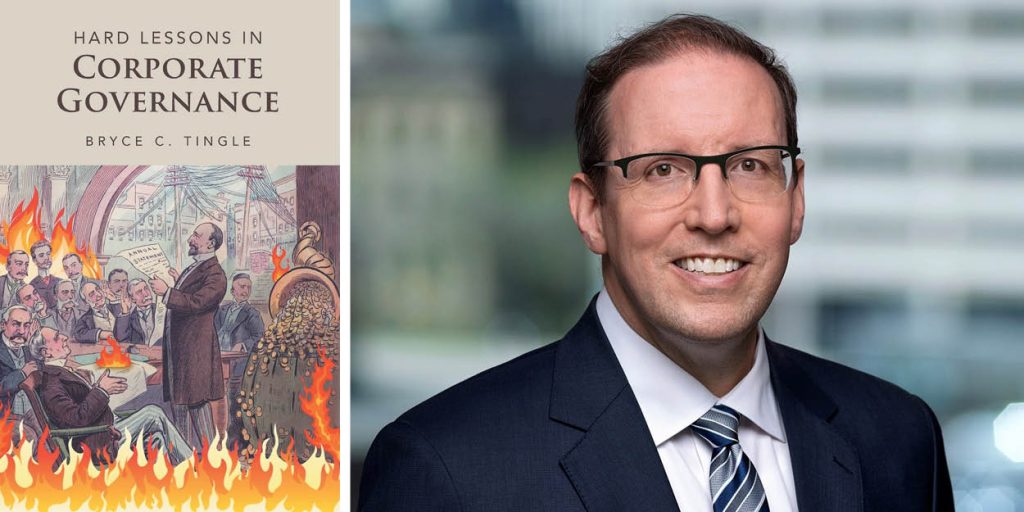
- The following is an excerpt from Seized by Uncertainty: The Markets, Media, and Special Interests That Shaped Canada's Response to COVID-19, which is one
- The following is an excerpt from Seized by Uncertainty: The Markets, Media, and Special Interests That Shaped Canada's Response to COVID-19, which is one
- The following is an excerpt from Seized by Uncertainty: The Markets, Media, and Special Interests That Shaped Canada's Response to COVID-19, which is one
- The following is an excerpt from Constraining the Court: Judicial Power in Policy Implementation in the Charter Era, one of five books shortlisted for
- The following is an excerpt from Constraining the Court: Judicial Power in Policy Implementation in the Charter Era, one of five books shortlisted for
- The following is an excerpt from Constraining the Court: Judicial Power in Policy Implementation in the Charter Era, one of five books shortlisted for
- The following is an excerpt from And Sometimes They Kill You: Confronting the Epidemic of Intimate Partner Violence, by Pamela Cross, nominated for this
- The following is an excerpt from And Sometimes They Kill You: Confronting the Epidemic of Intimate Partner Violence, by Pamela Cross, nominated for this
- The following is an excerpt from And Sometimes They Kill You: Confronting the Epidemic of Intimate Partner Violence, by Pamela Cross, nominated for this
- Mark Bourrie says Ripper: The Making of Pierre Poilievre is as much about the failings of modern political parties and the Canadian media as
- Mark Bourrie says Ripper: The Making of Pierre Poilievre is as much about the failings of modern political parties and the Canadian media as
- Mark Bourrie says Ripper: The Making of Pierre Poilievre is as much about the failings of modern political parties and the Canadian media as
- The following is an excerpt from Michael M. Atkinson and Haizen Mou's, Fiscal Choices: Canada After the Pandemic, one of the five finalists for
- The following is an excerpt from Michael M. Atkinson and Haizen Mou's, Fiscal Choices: Canada After the Pandemic, one of the five finalists for
- The following is an excerpt from Michael M. Atkinson and Haizen Mou's, Fiscal Choices: Canada After the Pandemic, one of the five finalists for
- Rose LeMay says it's 'up to non-Indigenous people to change these systems so that Indigenous Peoples are not treated worse than others.'
- Rose LeMay says it's 'up to non-Indigenous people to change these systems so that Indigenous Peoples are not treated worse than others.'
- Rose LeMay says it's 'up to non-Indigenous people to change these systems so that Indigenous Peoples are not treated worse than others.'
- Mark Bourrie sets out to tell Pierre Poilievre’s story from the beginning, and shows not only his origins and how they shaped the man
- Mark Bourrie sets out to tell Pierre Poilievre’s story from the beginning, and shows not only his origins and how they shaped the man
- Mark Bourrie sets out to tell Pierre Poilievre’s story from the beginning, and shows not only his origins and how they shaped the man
- Alasdair Roberts, author of The Adaptable Country: How Canada Can Survive the Twenty-First Century, offers advice on how Canada can get through the Trump
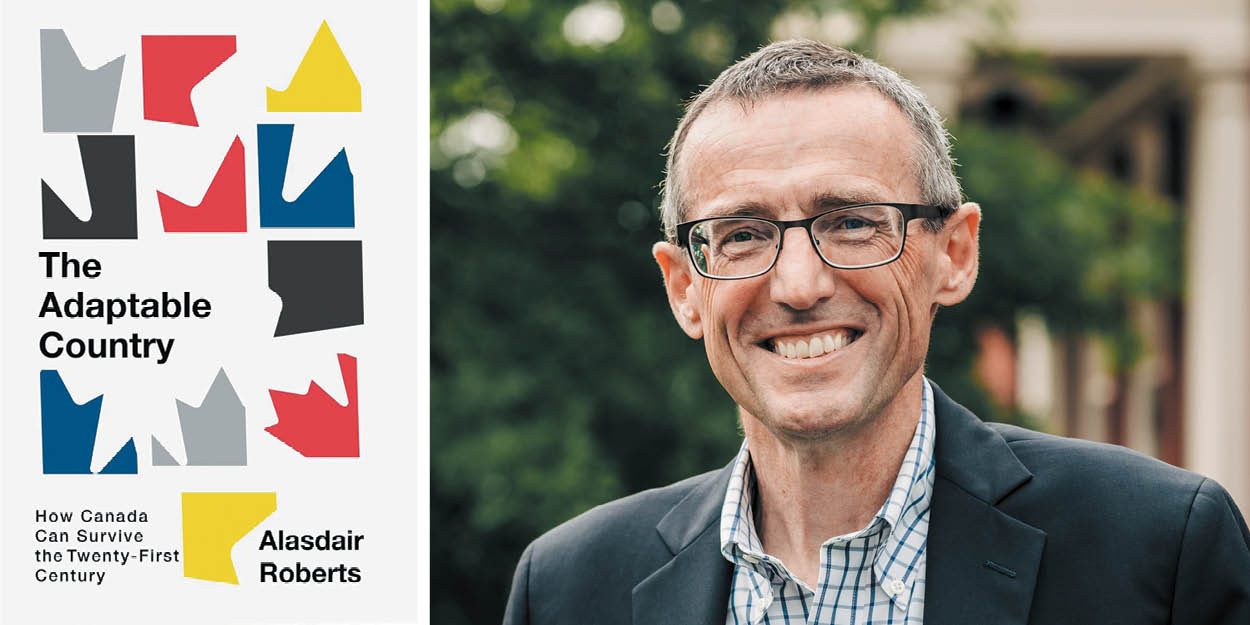
- Alasdair Roberts, author of The Adaptable Country: How Canada Can Survive the Twenty-First Century, offers advice on how Canada can get through the Trump
- Alasdair Roberts, author of The Adaptable Country: How Canada Can Survive the Twenty-First Century, offers advice on how Canada can get through the Trump
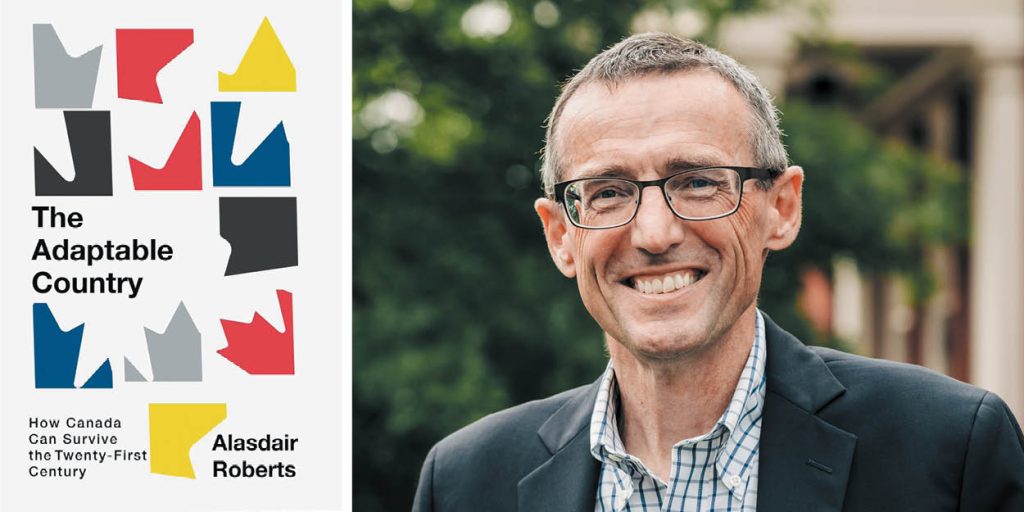
- Ken McGoogan’s Shadows of Tyranny is a calm work born of panic, written before Trump was re-elected. If you’ve ever wondered how you would have behaved
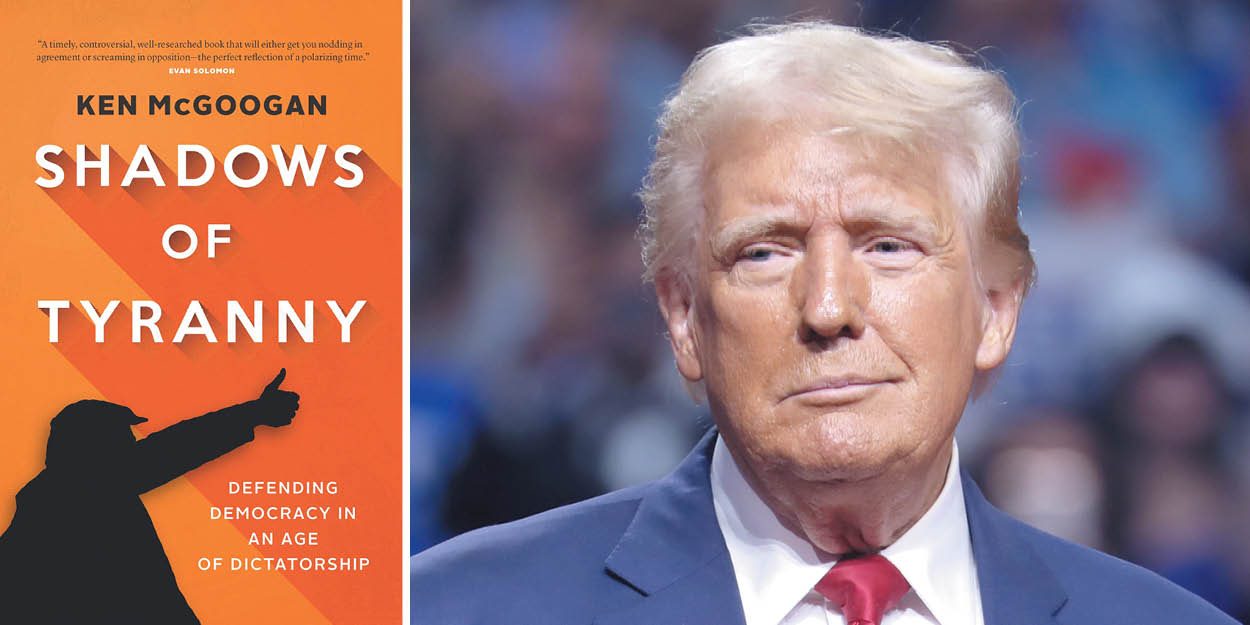
- Ken McGoogan’s Shadows of Tyranny is a calm work born of panic, written before Trump was re-elected. If you’ve ever wondered how you would have behaved
- Ken McGoogan’s Shadows of Tyranny is a calm work born of panic, written before Trump was re-elected. If you’ve ever wondered how you would have behaved
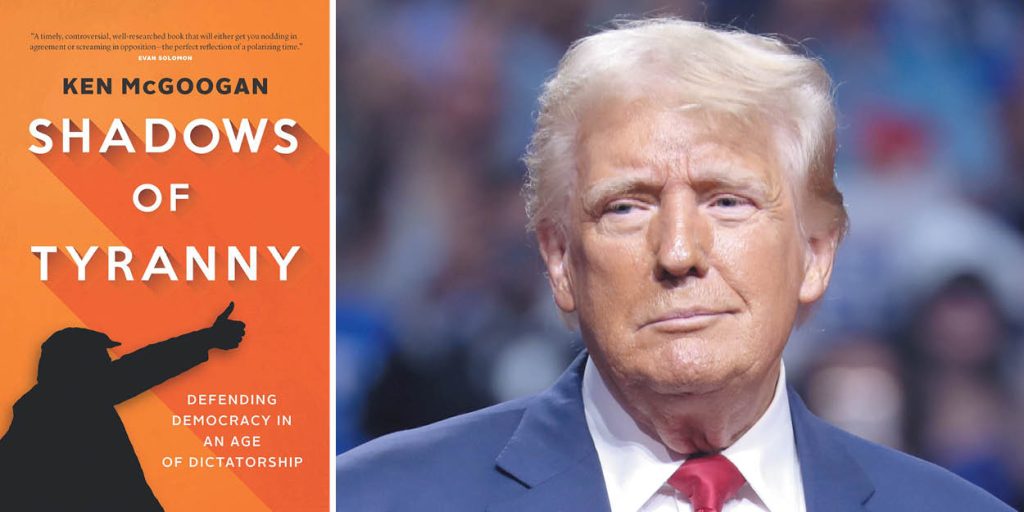
- Chrystia is an origin story. Author Catherine Tsalikis presents Freeland’s past to assist readers with understanding her present and speculating on her future.
- Chrystia is an origin story. Author Catherine Tsalikis presents Freeland’s past to assist readers with understanding her present and speculating on her future.
- Chrystia is an origin story. Author Catherine Tsalikis presents Freeland’s past to assist readers with understanding her present and speculating on her future.
- Blair’s On Leadership is not a tell-all rehash of old political battles. No scores are settled or secrets spilled. Instead, he offers his insights
- Blair’s On Leadership is not a tell-all rehash of old political battles. No scores are settled or secrets spilled. Instead, he offers his insights
- Blair’s On Leadership is not a tell-all rehash of old political battles. No scores are settled or secrets spilled. Instead, he offers his insights
- Catherine Tsalikis spent four years researching Chrystia Freeland's life. She tells The Hill Times that she sees two constants in the former deputy prime
- Catherine Tsalikis spent four years researching Chrystia Freeland's life. She tells The Hill Times that she sees two constants in the former deputy prime
- Catherine Tsalikis spent four years researching Chrystia Freeland's life. She tells The Hill Times that she sees two constants in the former deputy prime
- 2. A Most Extraordinary Ride: Space, Politics, and the Pursuit of a Canadian Dream, by Marc Garneau, Signal/McClelland & Stewart, Penguin Random House Canada,
- 2. A Most Extraordinary Ride: Space, Politics, and the Pursuit of a Canadian Dream, by Marc Garneau, Signal/McClelland & Stewart, Penguin Random House Canada,
- 2. A Most Extraordinary Ride: Space, Politics, and the Pursuit of a Canadian Dream, by Marc Garneau, Signal/McClelland & Stewart, Penguin Random House Canada,
- Alex Himelfarb's book Breaking Free is a stunning accomplishment, providing new insights into the analysis of neoliberalism. It is unsurpassed.
- Alex Himelfarb's book Breaking Free is a stunning accomplishment, providing new insights into the analysis of neoliberalism. It is unsurpassed.
- Alex Himelfarb's book Breaking Free is a stunning accomplishment, providing new insights into the analysis of neoliberalism. It is unsurpassed.
- Author and journalist Carol Off pulls no punches in describing the great strain democracy and the dissemination of factual reality are currently under, as
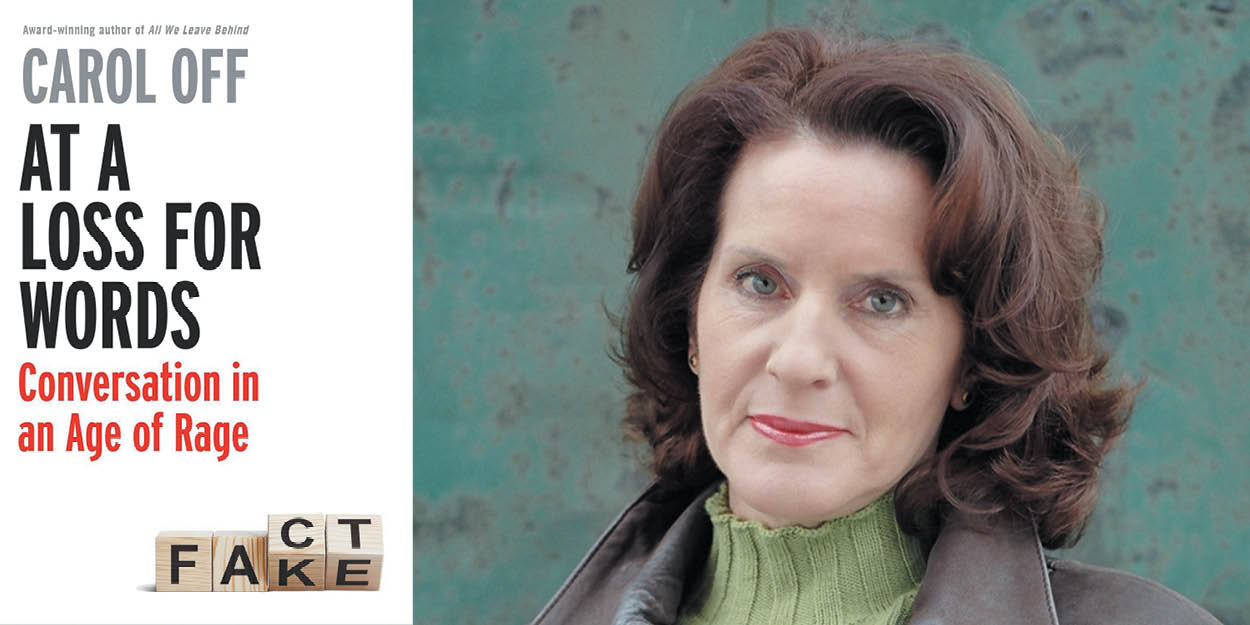
- Author and journalist Carol Off pulls no punches in describing the great strain democracy and the dissemination of factual reality are currently under, as
- Author and journalist Carol Off pulls no punches in describing the great strain democracy and the dissemination of factual reality are currently under, as
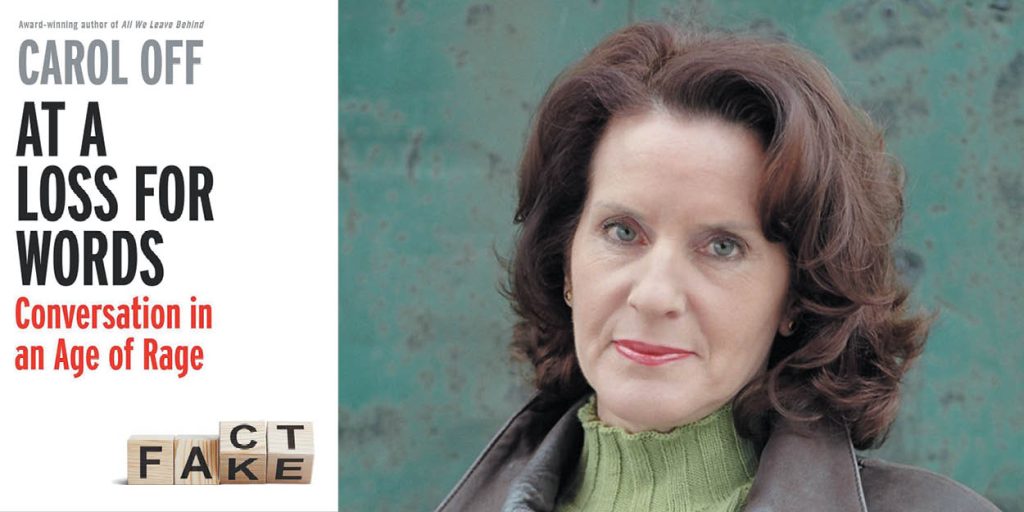
- In many ways, Lloyd Axworthy is more of a golden boy than the statue that sits atop the Manitoba legislature.
- In many ways, Lloyd Axworthy is more of a golden boy than the statue that sits atop the Manitoba legislature.
- In many ways, Lloyd Axworthy is more of a golden boy than the statue that sits atop the Manitoba legislature.
- Charlie Angus talks about his new book, Dangerous Memory: Coming of Age in the Decade of Greed, and about the state of federal politics
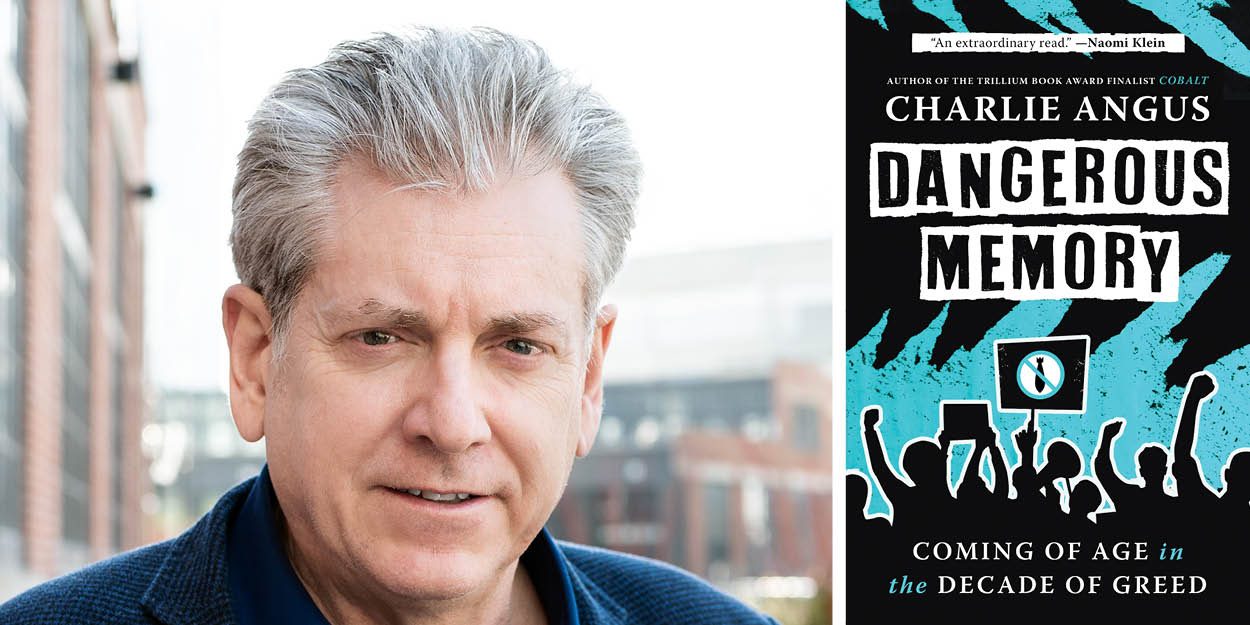
- Charlie Angus talks about his new book, Dangerous Memory: Coming of Age in the Decade of Greed, and about the state of federal politics
- Charlie Angus talks about his new book, Dangerous Memory: Coming of Age in the Decade of Greed, and about the state of federal politics
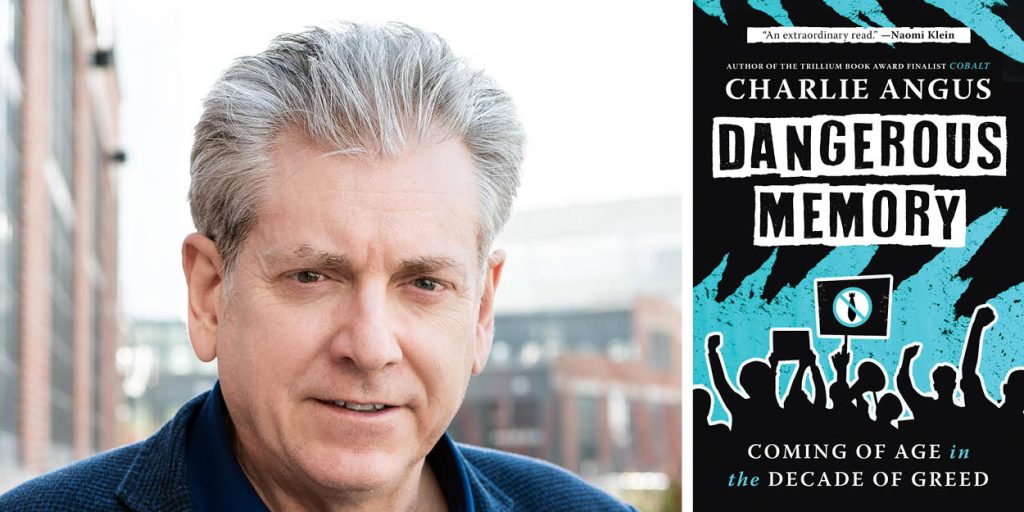
- Through nine persuasive yet demoralizing chapters, Jonathan Manthorpe leads us through his rational report card on our nation’s prospects. If we don't attend to
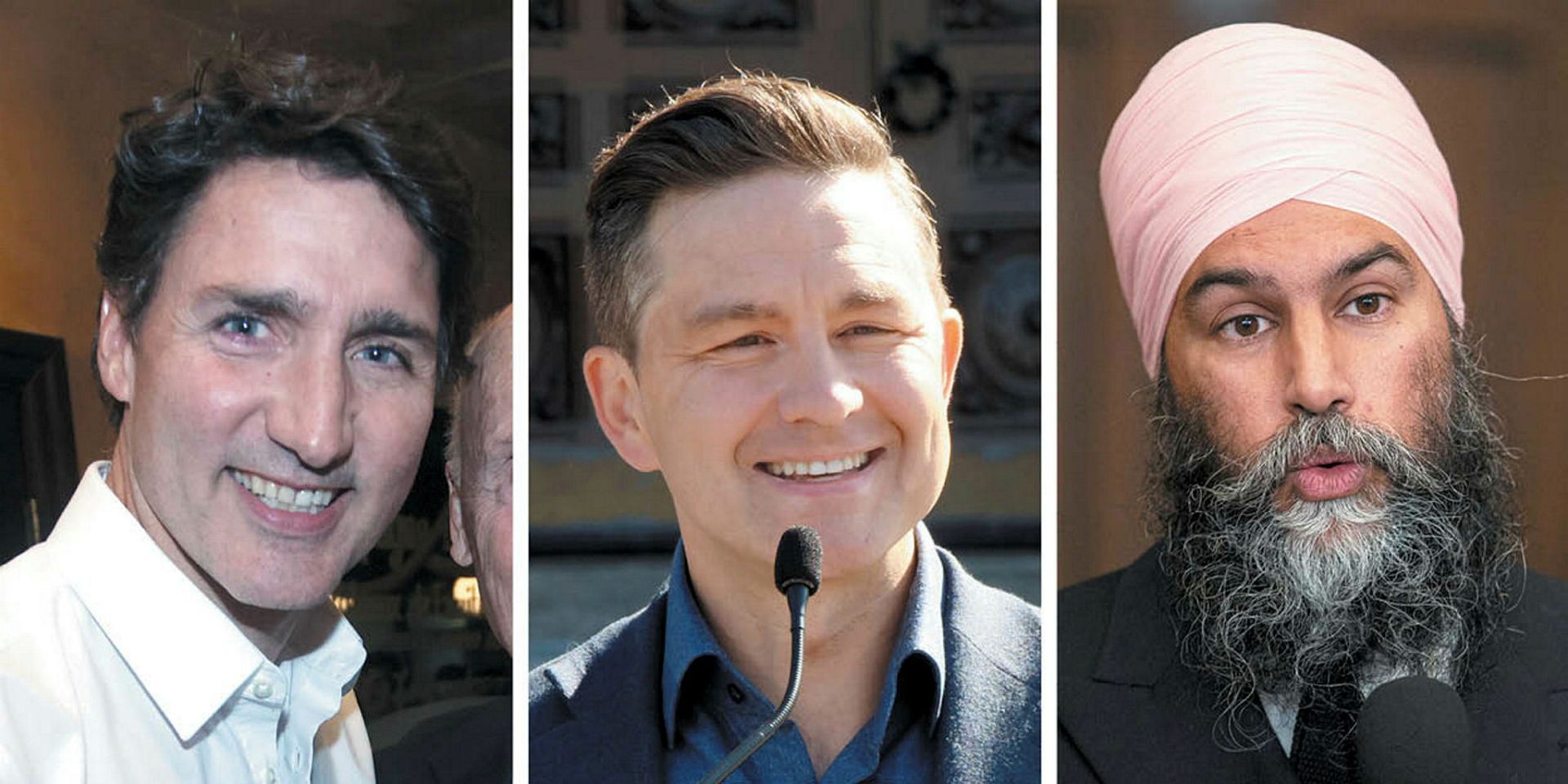
- Through nine persuasive yet demoralizing chapters, Jonathan Manthorpe leads us through his rational report card on our nation’s prospects. If we don't attend to
- Through nine persuasive yet demoralizing chapters, Jonathan Manthorpe leads us through his rational report card on our nation’s prospects. If we don't attend to
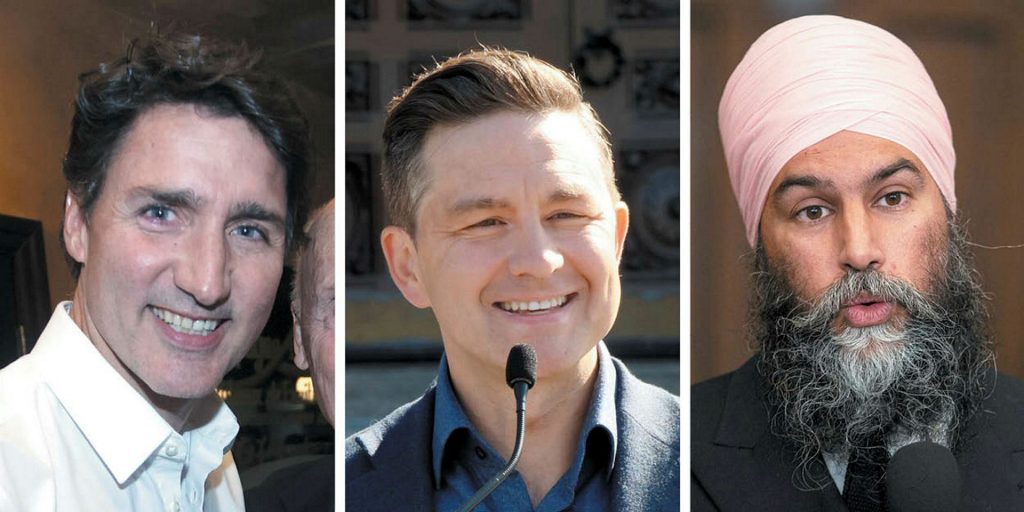
- Stephen Maher and Paul Wells both offer insights into who Justin Trudeau is and what makes him tick. But one wonders if we’ll ever
- Stephen Maher and Paul Wells both offer insights into who Justin Trudeau is and what makes him tick. But one wonders if we’ll ever
- Stephen Maher and Paul Wells both offer insights into who Justin Trudeau is and what makes him tick. But one wonders if we’ll ever
- In a sensational new book, Prime Minister Justin Trudeau says he's looking forward to running against Pierre Poilievre because he doesn't want Poilievre to
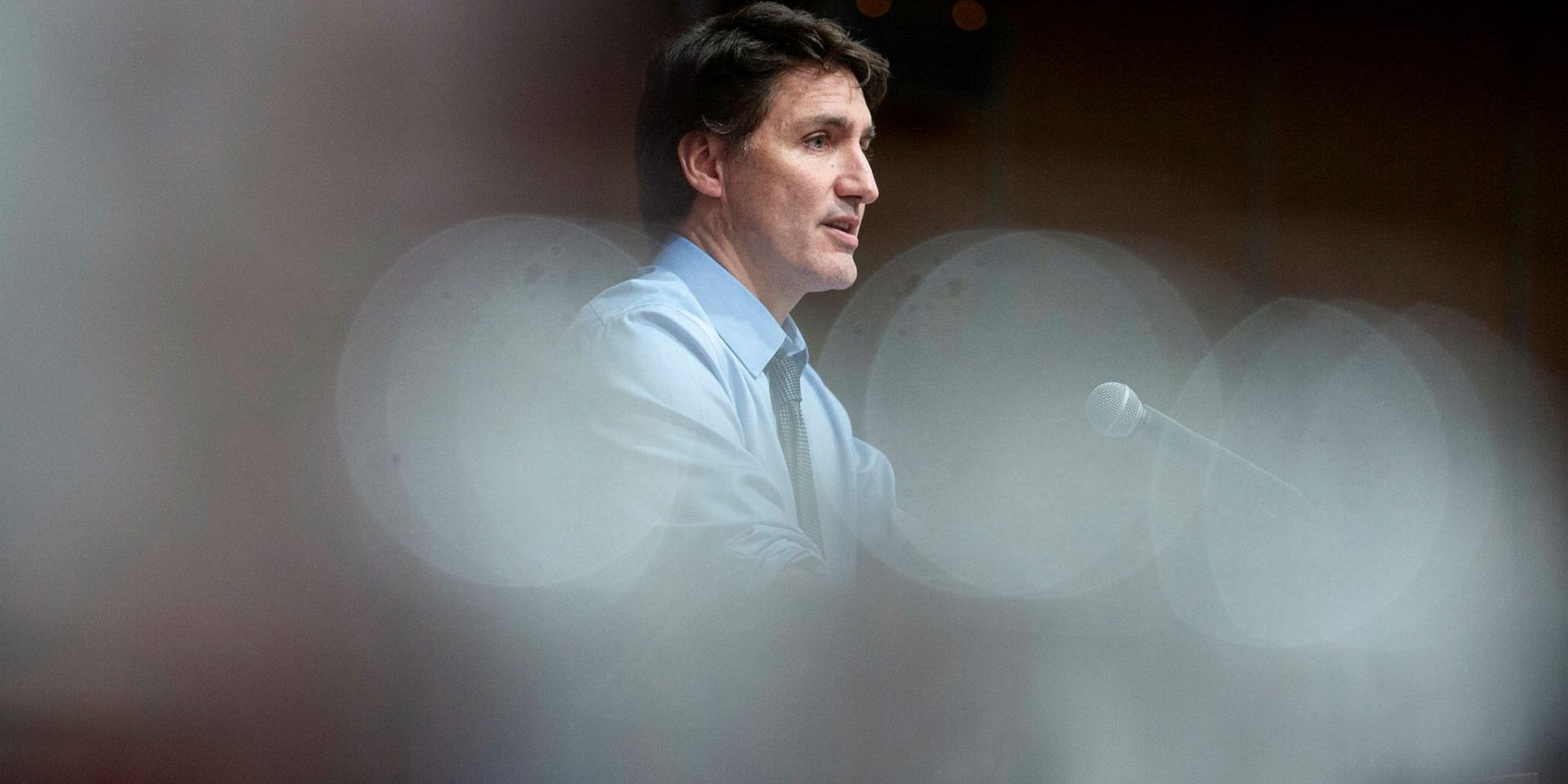
- In a sensational new book, Prime Minister Justin Trudeau says he's looking forward to running against Pierre Poilievre because he doesn't want Poilievre to
- In a sensational new book, Prime Minister Justin Trudeau says he's looking forward to running against Pierre Poilievre because he doesn't want Poilievre to
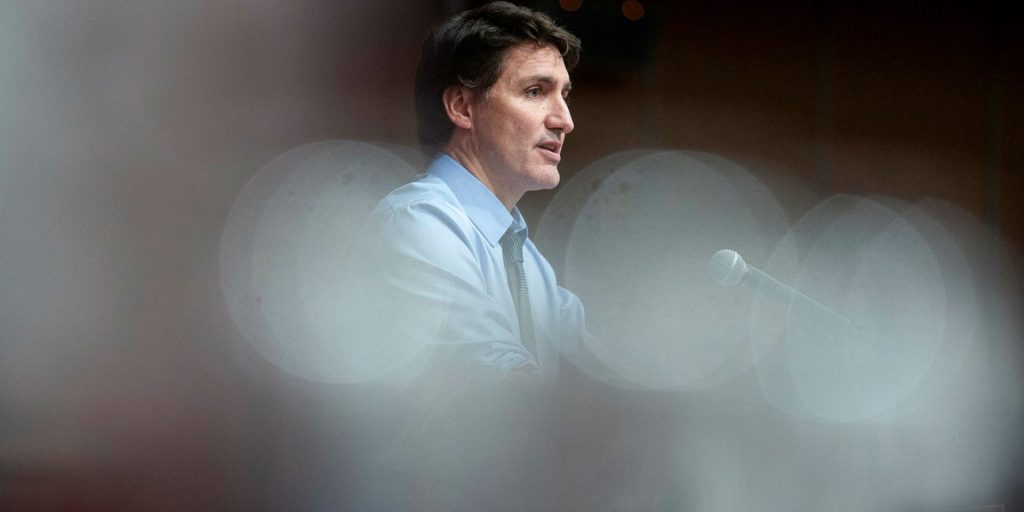
- Rob Goodman and Daniel J. Savoie tackle the same questions but in completely different ways. Thoughtful and compellingly argued, both books have been deservedly
- Rob Goodman and Daniel J. Savoie tackle the same questions but in completely different ways. Thoughtful and compellingly argued, both books have been deservedly
- Rob Goodman and Daniel J. Savoie tackle the same questions but in completely different ways. Thoughtful and compellingly argued, both books have been deservedly
- In Fire Weather, John Vaillant combines history, science, and Promethean fable to place the 2016 Fort McMurray wildfires as a harbinger of a new
- In Fire Weather, John Vaillant combines history, science, and Promethean fable to place the 2016 Fort McMurray wildfires as a harbinger of a new
- In Fire Weather, John Vaillant combines history, science, and Promethean fable to place the 2016 Fort McMurray wildfires as a harbinger of a new
- Below is an excerpt from Fire Weather: The Making of a Beast, by John Vaillant, published by Knopf Canada, one of the five finalists
- Below is an excerpt from Fire Weather: The Making of a Beast, by John Vaillant, published by Knopf Canada, one of the five finalists
- Below is an excerpt from Fire Weather: The Making of a Beast, by John Vaillant, published by Knopf Canada, one of the five finalists
- An eroding democracy is a threat to democracy in its neighbours. The following is an excerpt from Not Here: Why American Democracy is Eroding
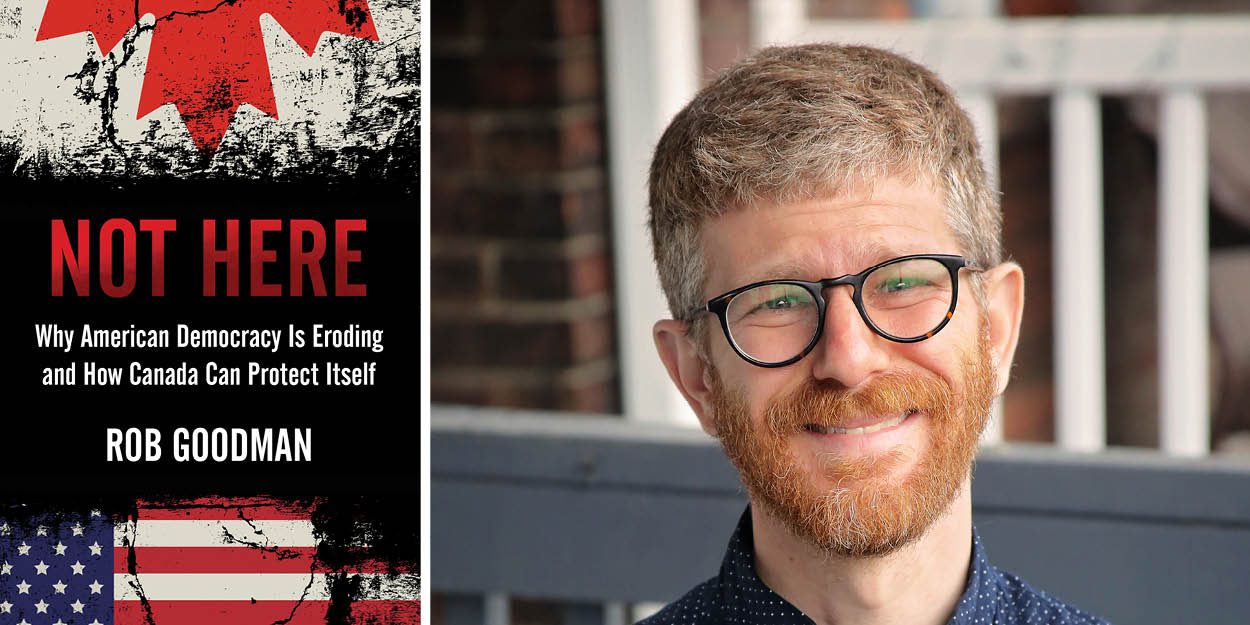
- An eroding democracy is a threat to democracy in its neighbours. The following is an excerpt from Not Here: Why American Democracy is Eroding
- An eroding democracy is a threat to democracy in its neighbours. The following is an excerpt from Not Here: Why American Democracy is Eroding
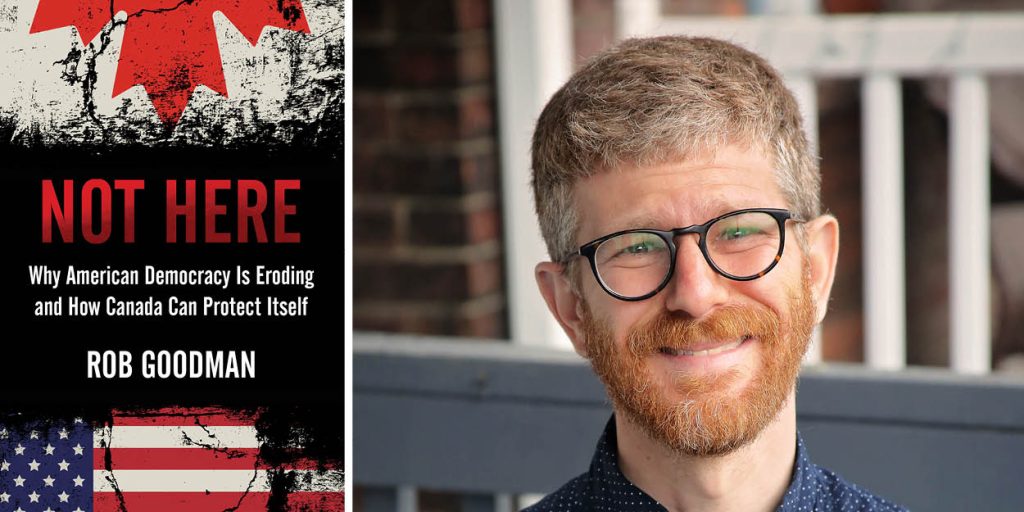
- Our criminal justice system is facing an existential crisis. The following is an excerpt from Benjamin Perrin's book, Indictment: The Criminal Justice System on
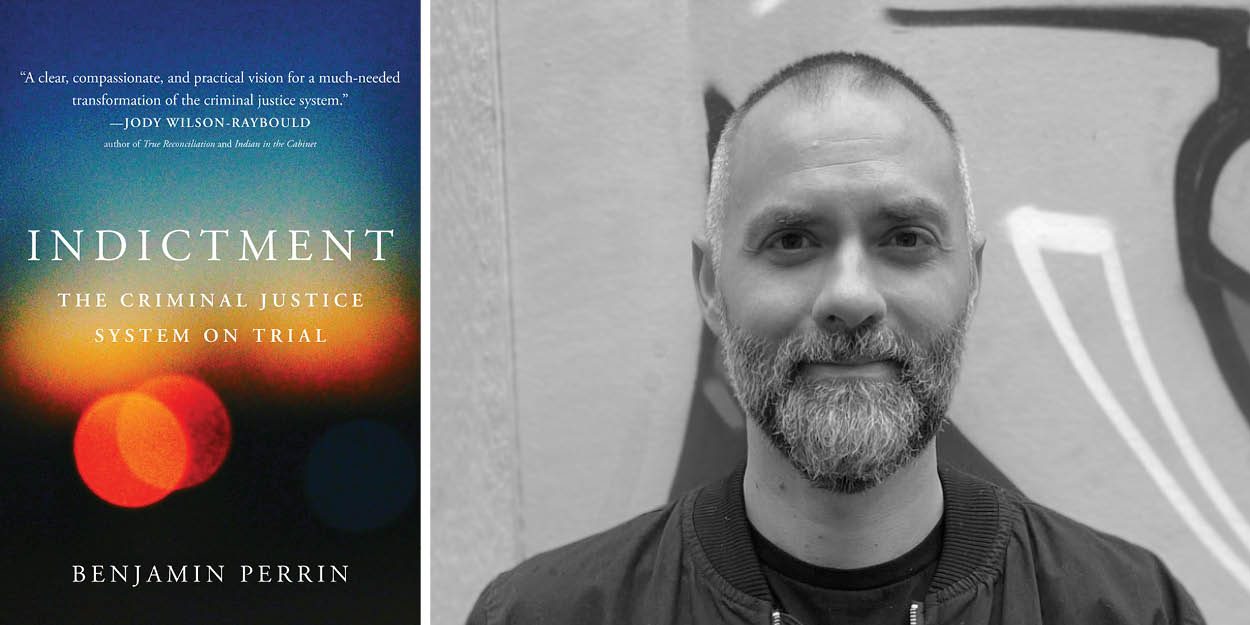
- Our criminal justice system is facing an existential crisis. The following is an excerpt from Benjamin Perrin's book, Indictment: The Criminal Justice System on
- Our criminal justice system is facing an existential crisis. The following is an excerpt from Benjamin Perrin's book, Indictment: The Criminal Justice System on
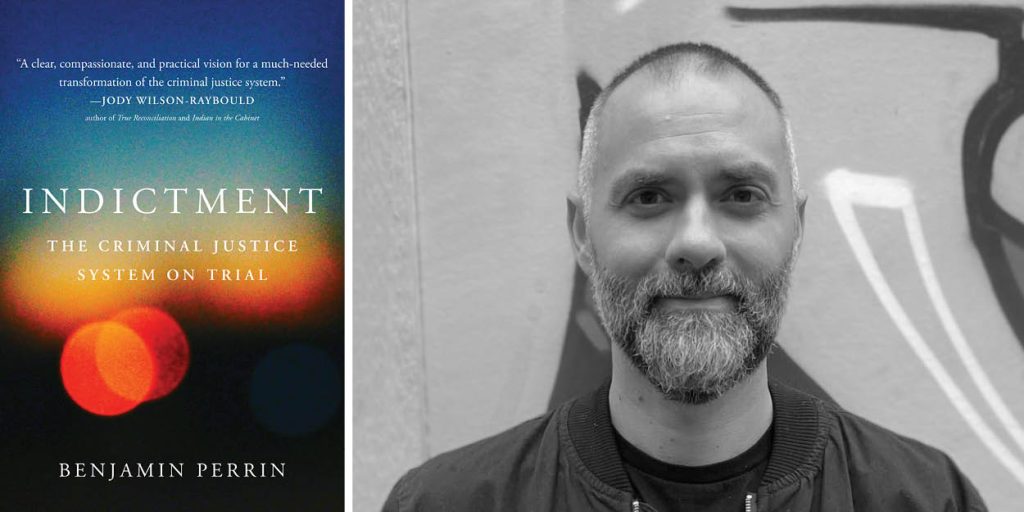
- The following is an excerpt from The Age of Insecurity: Coming Together as Things Fall Apart, by Astra Taylor, and published by House of
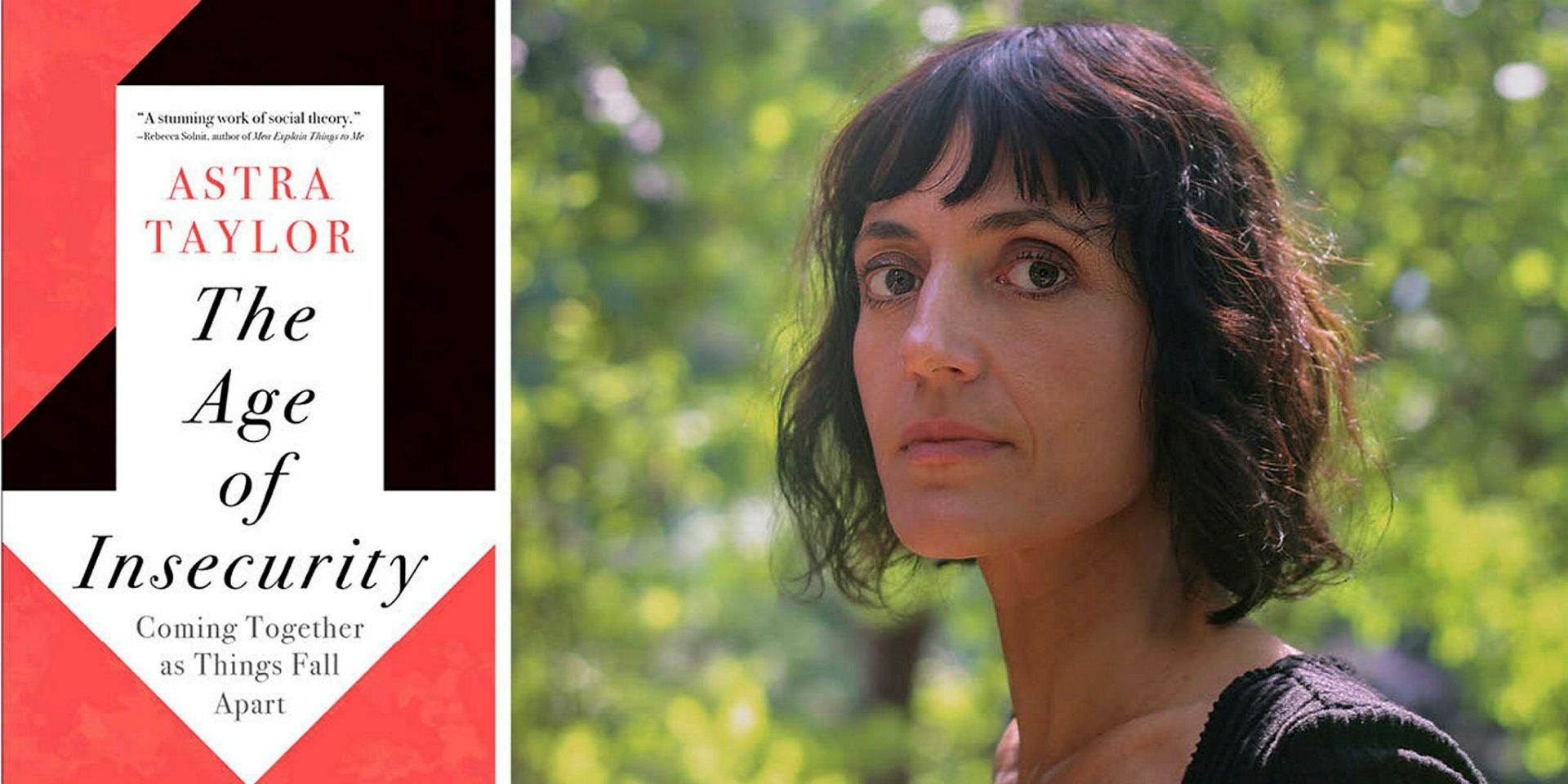
- The following is an excerpt from The Age of Insecurity: Coming Together as Things Fall Apart, by Astra Taylor, and published by House of
- The following is an excerpt from The Age of Insecurity: Coming Together as Things Fall Apart, by Astra Taylor, and published by House of
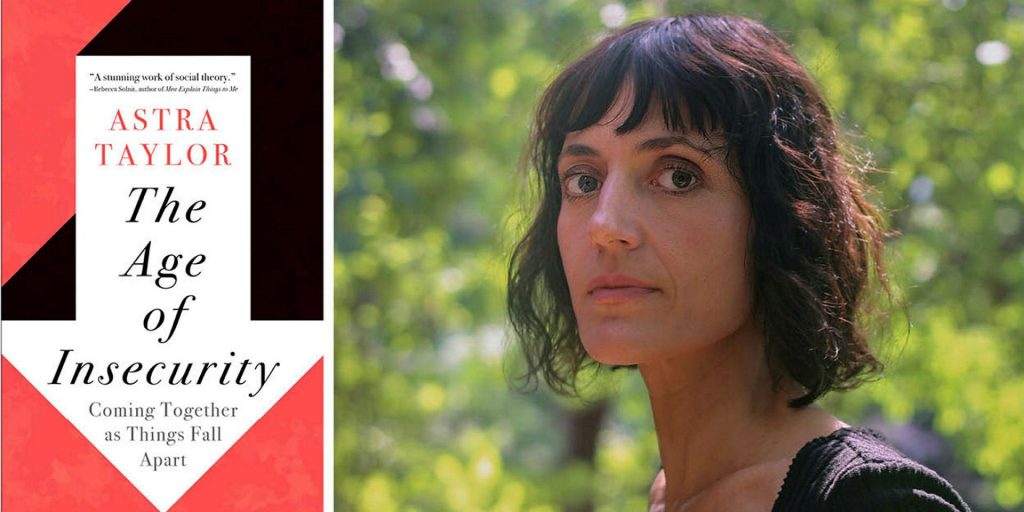
- The following is an excerpt from Canada: Beyond Grudges, Grievances, and Disunity, by Donald Savoie, one of five books shortlisted for this year's Shaughnessy
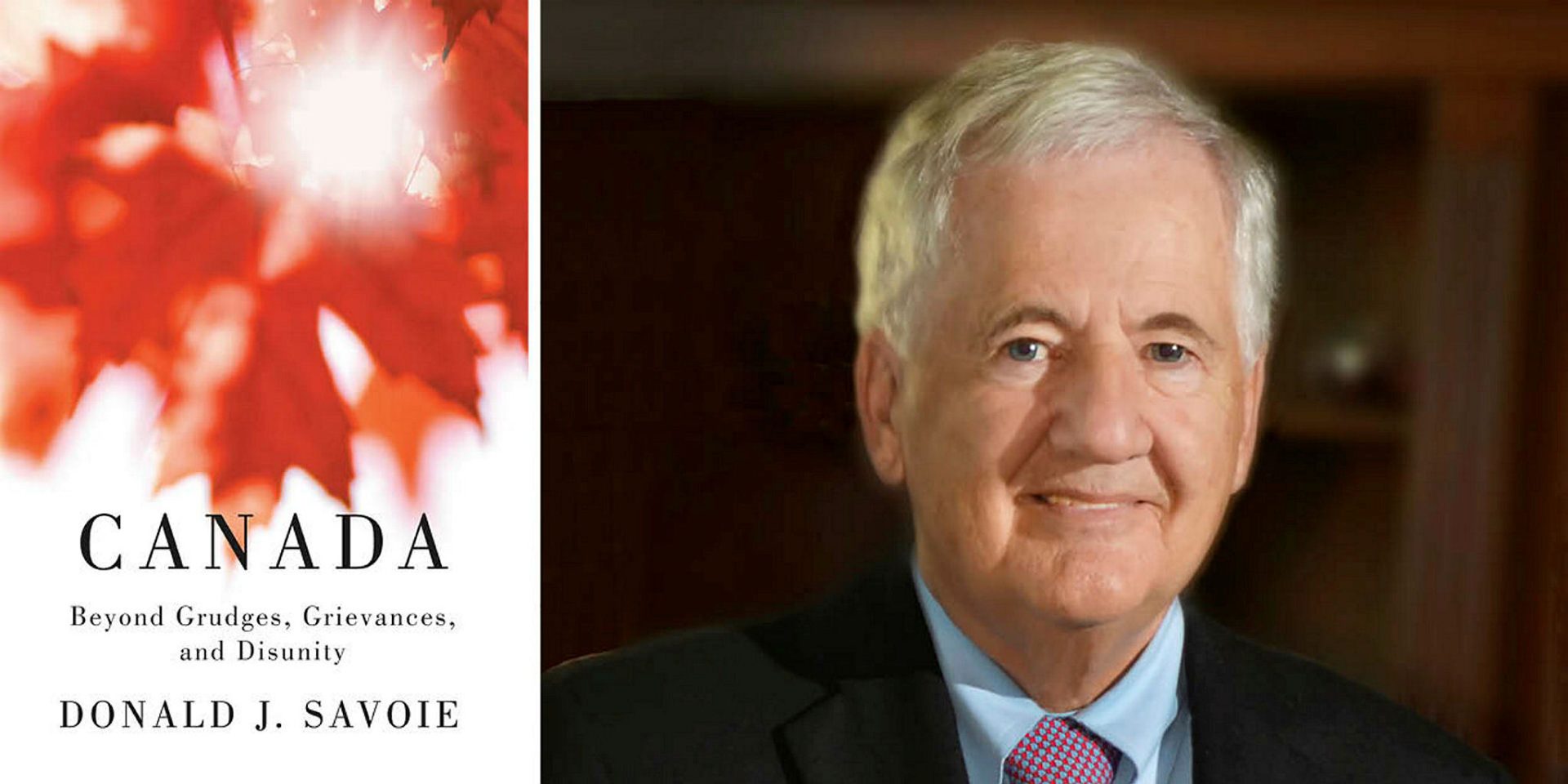
- The following is an excerpt from Canada: Beyond Grudges, Grievances, and Disunity, by Donald Savoie, one of five books shortlisted for this year's Shaughnessy
- The following is an excerpt from Canada: Beyond Grudges, Grievances, and Disunity, by Donald Savoie, one of five books shortlisted for this year's Shaughnessy
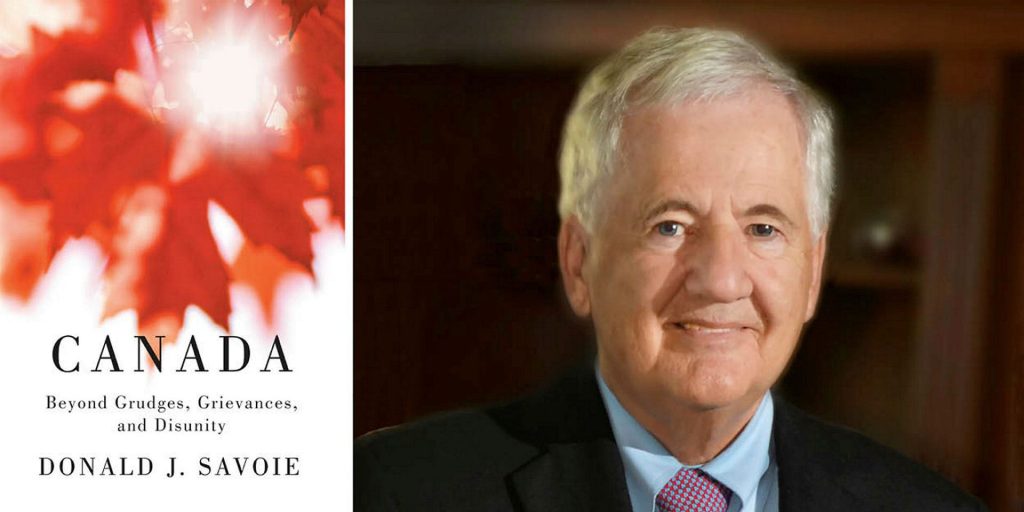
- The following is an excerpt from The Privacy Fallacy: Harm and Power in the Information Economy, by Ignacio Cofone, published by Cambridge University Press,
- The following is an excerpt from The Privacy Fallacy: Harm and Power in the Information Economy, by Ignacio Cofone, published by Cambridge University Press,
- The following is an excerpt from The Privacy Fallacy: Harm and Power in the Information Economy, by Ignacio Cofone, published by Cambridge University Press,
- The following is an excerpt from Who Owns Outer Space? International Law, Astrophysics, and the Sustainable Development of Space, one of five finalists for
- The following is an excerpt from Who Owns Outer Space? International Law, Astrophysics, and the Sustainable Development of Space, one of five finalists for
- The following is an excerpt from Who Owns Outer Space? International Law, Astrophysics, and the Sustainable Development of Space, one of five finalists for
- The following is an excerpt from Kent Roach's Wrongfully Convicted: Guilty Pleas, Imagined Crimes and What Canada Must Do to Safeguard Justice, published by Simon
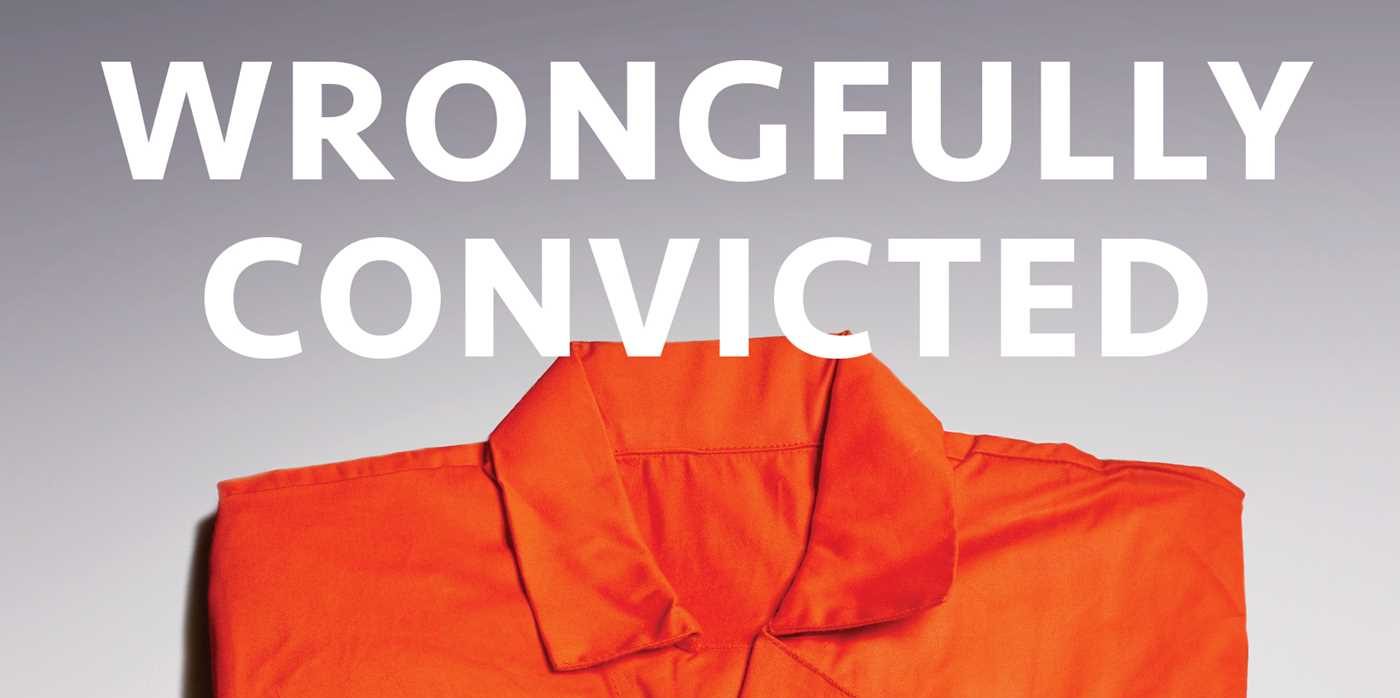
- The following is an excerpt from Kent Roach's Wrongfully Convicted: Guilty Pleas, Imagined Crimes and What Canada Must Do to Safeguard Justice, published by Simon
- The following is an excerpt from Kent Roach's Wrongfully Convicted: Guilty Pleas, Imagined Crimes and What Canada Must Do to Safeguard Justice, published by Simon
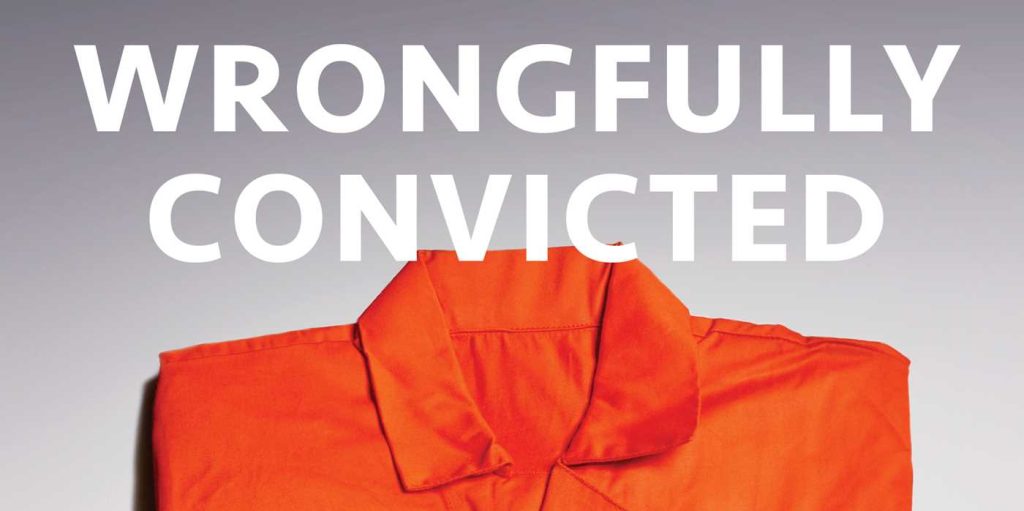
- The following is an excerpt from Pandemic Panic: How Canadian Government Responses to COVID-19 Changed Civil Liberties Forever, one of the five books shortlisted
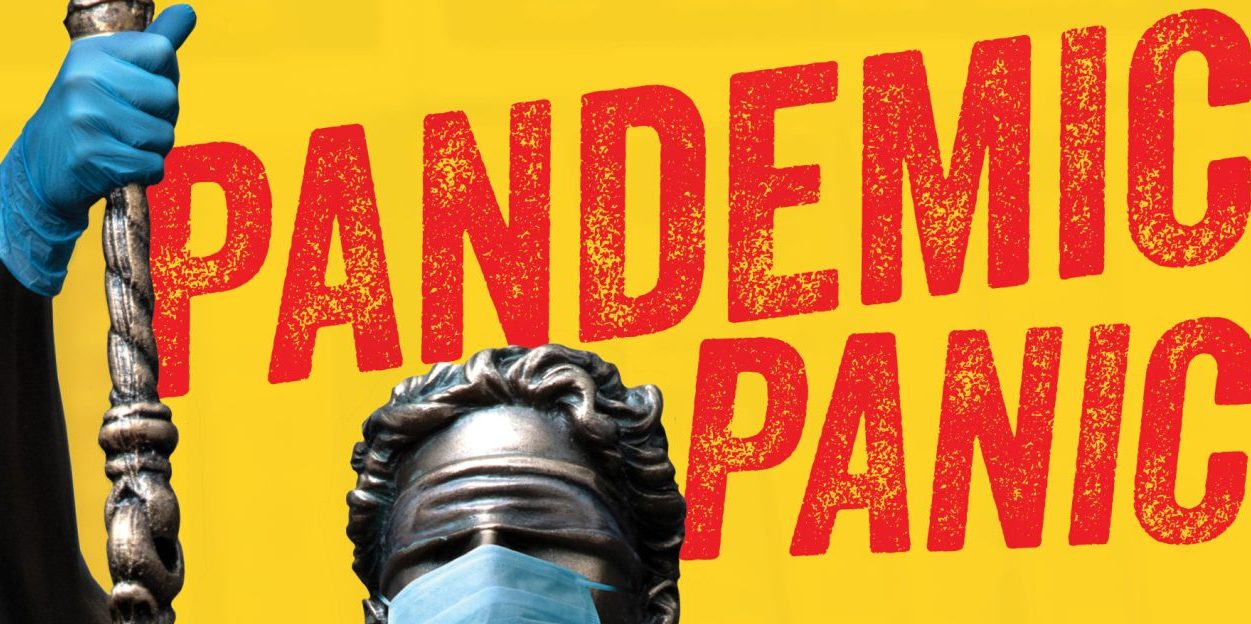
- The following is an excerpt from Pandemic Panic: How Canadian Government Responses to COVID-19 Changed Civil Liberties Forever, one of the five books shortlisted
- The following is an excerpt from Pandemic Panic: How Canadian Government Responses to COVID-19 Changed Civil Liberties Forever, one of the five books shortlisted
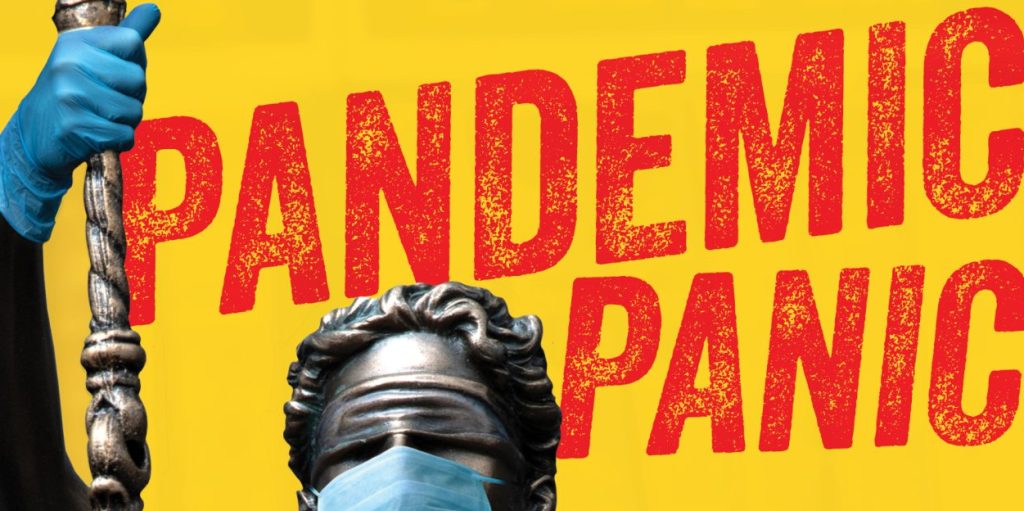
- The following is an excerpt from The Legal Singularity: How Artificial Intelligence Can Make Law Radically Better, one of the five books shortlisted for
- The following is an excerpt from The Legal Singularity: How Artificial Intelligence Can Make Law Radically Better, one of the five books shortlisted for
- The following is an excerpt from The Legal Singularity: How Artificial Intelligence Can Make Law Radically Better, one of the five books shortlisted for
- The Rogers family did not offer much co-operation on this book. But relying on her previous reporting at The Globe and Mail, public documents and
- The Rogers family did not offer much co-operation on this book. But relying on her previous reporting at The Globe and Mail, public documents and
- The Rogers family did not offer much co-operation on this book. But relying on her previous reporting at The Globe and Mail, public documents and
- As the senior news executive at The Washington Post, Martin Baron was a key member of that establishment press. His newsroom was a thorn in
- As the senior news executive at The Washington Post, Martin Baron was a key member of that establishment press. His newsroom was a thorn in
- As the senior news executive at The Washington Post, Martin Baron was a key member of that establishment press. His newsroom was a thorn in
